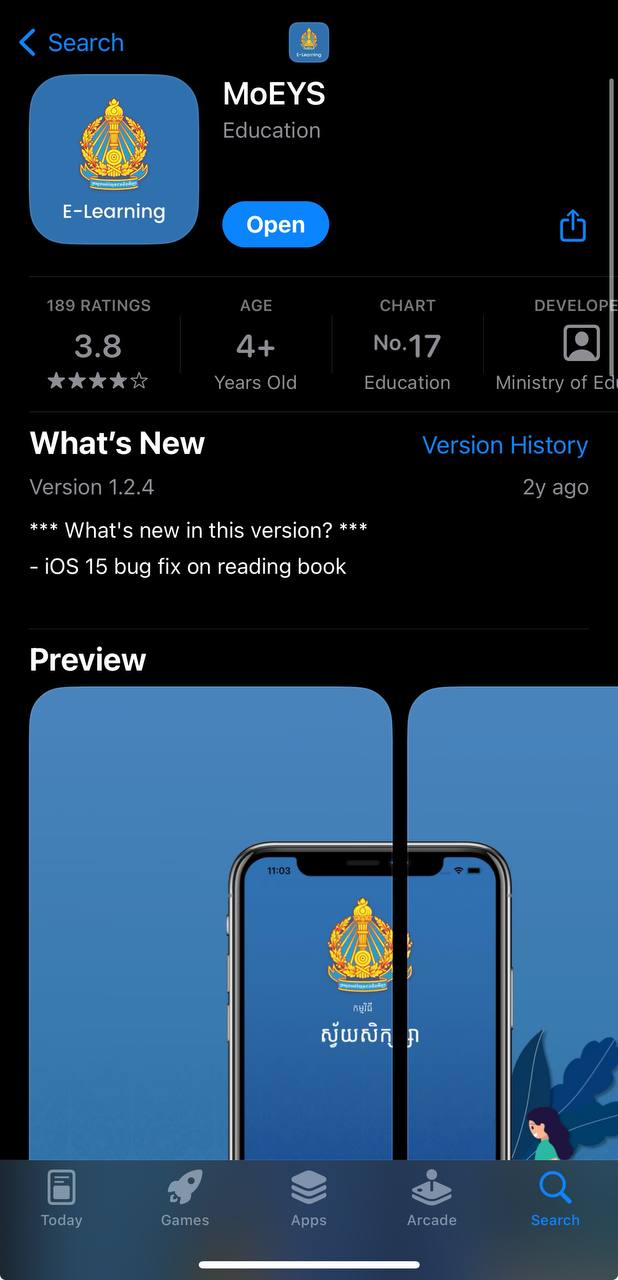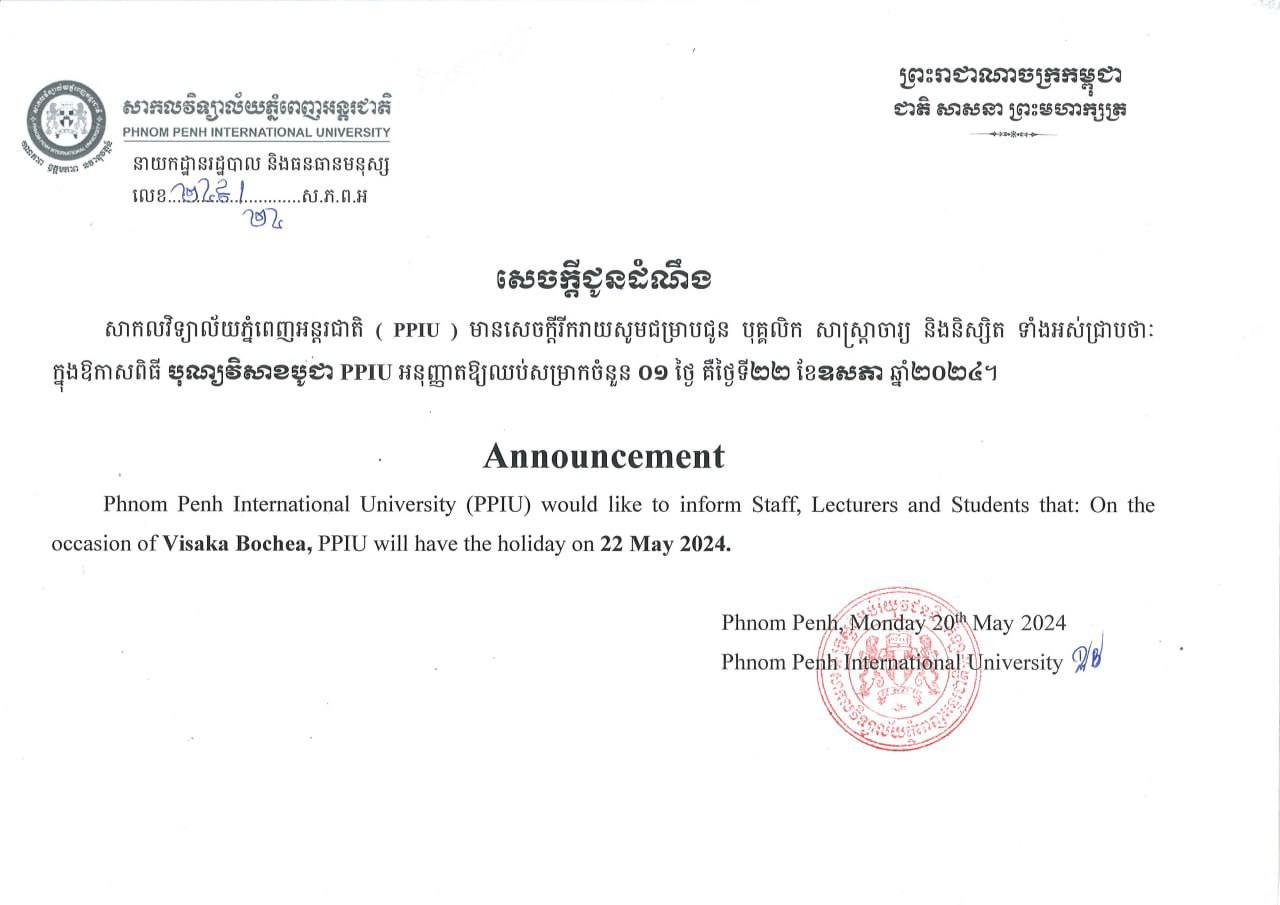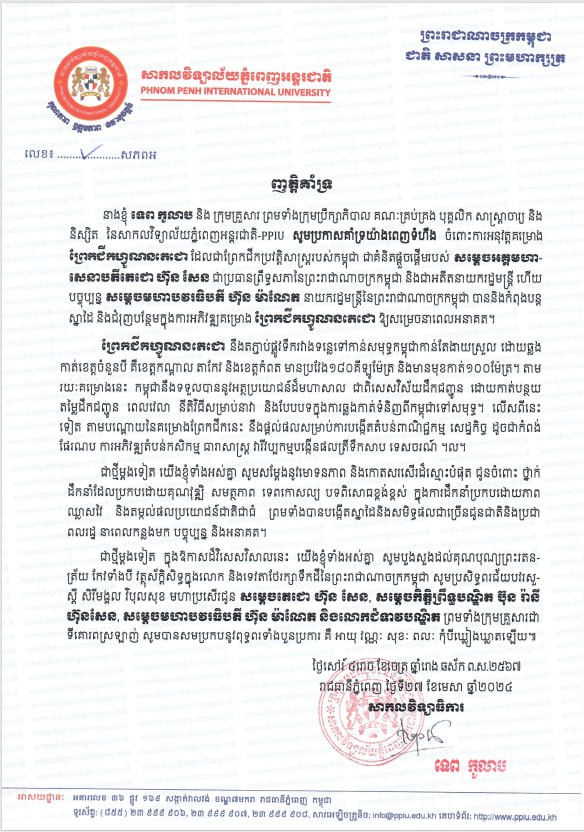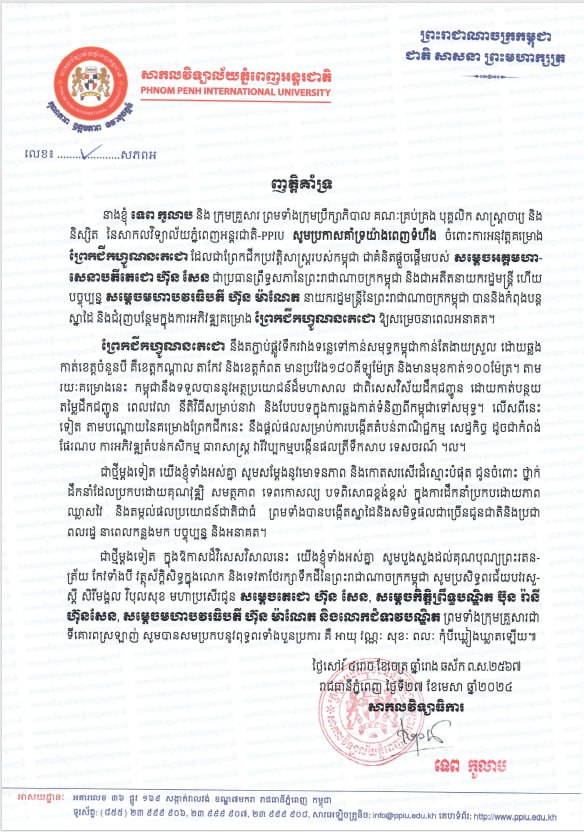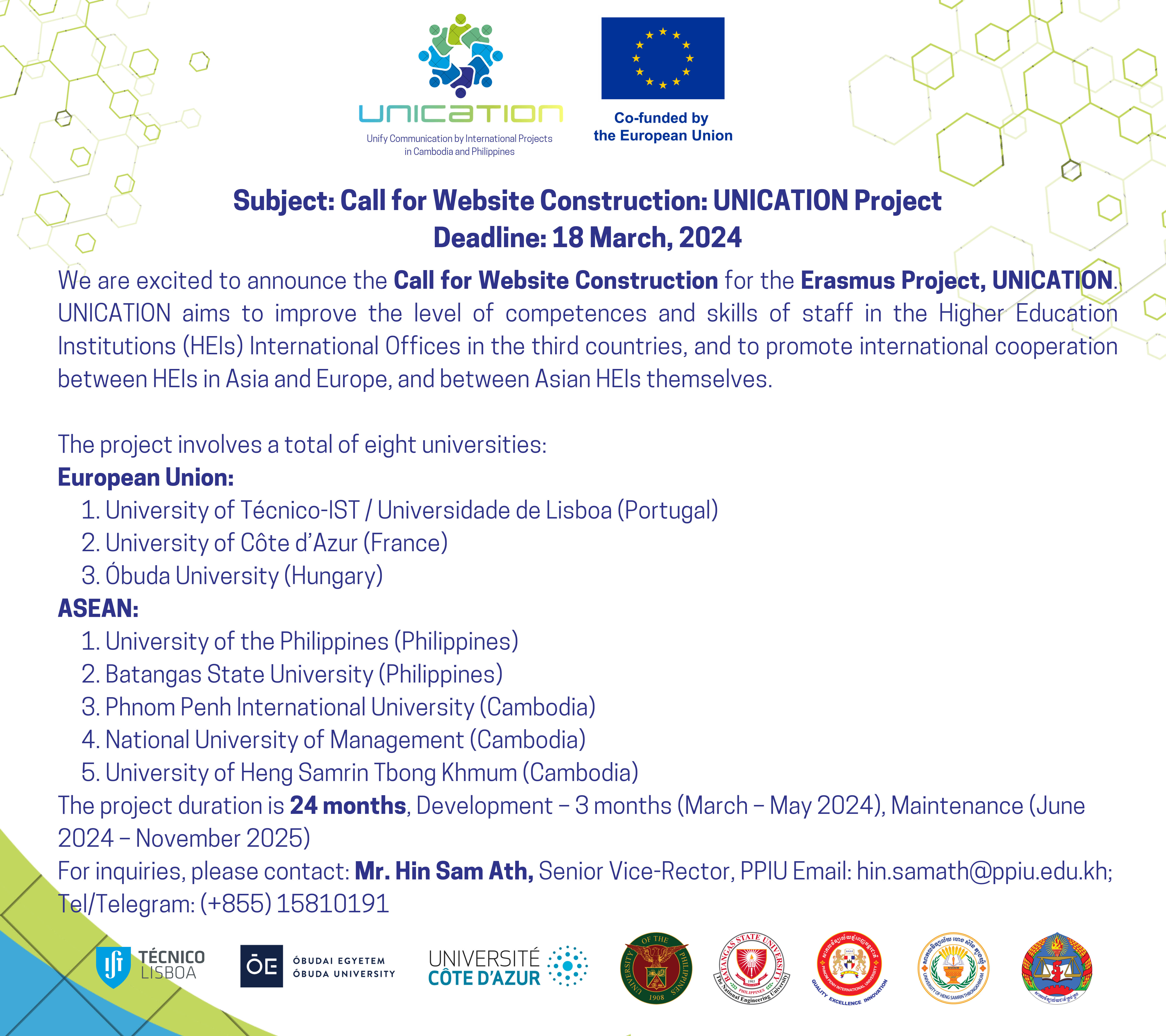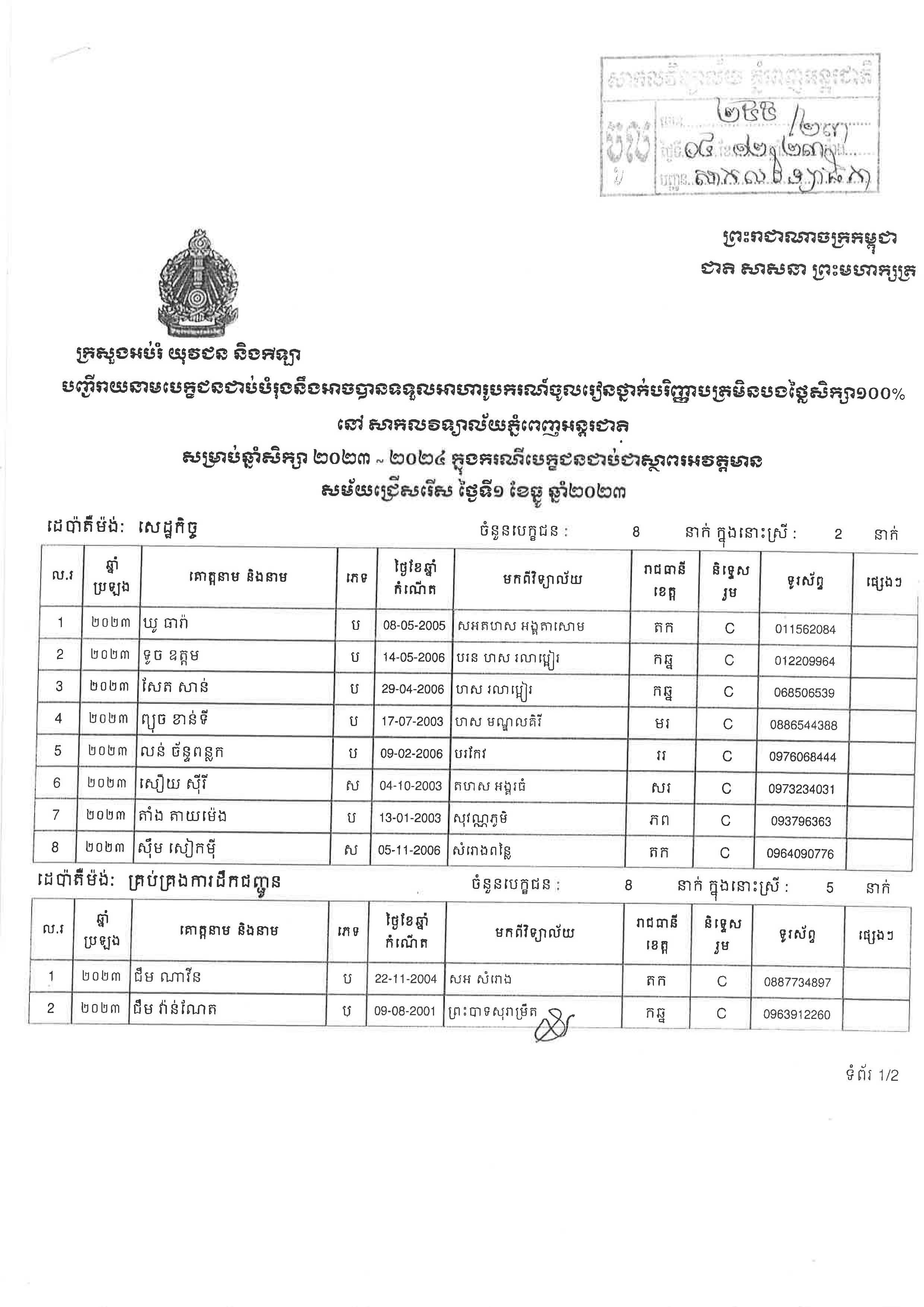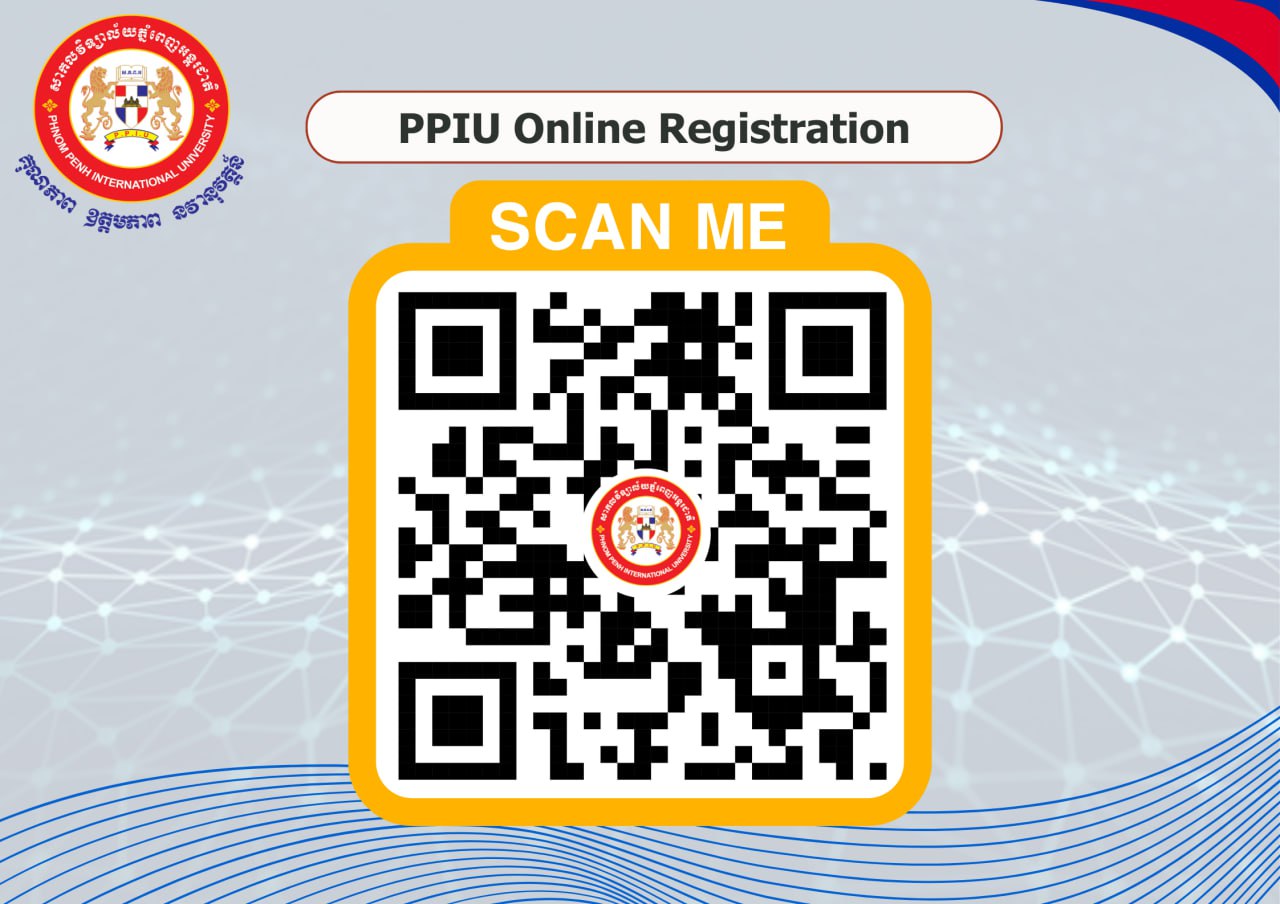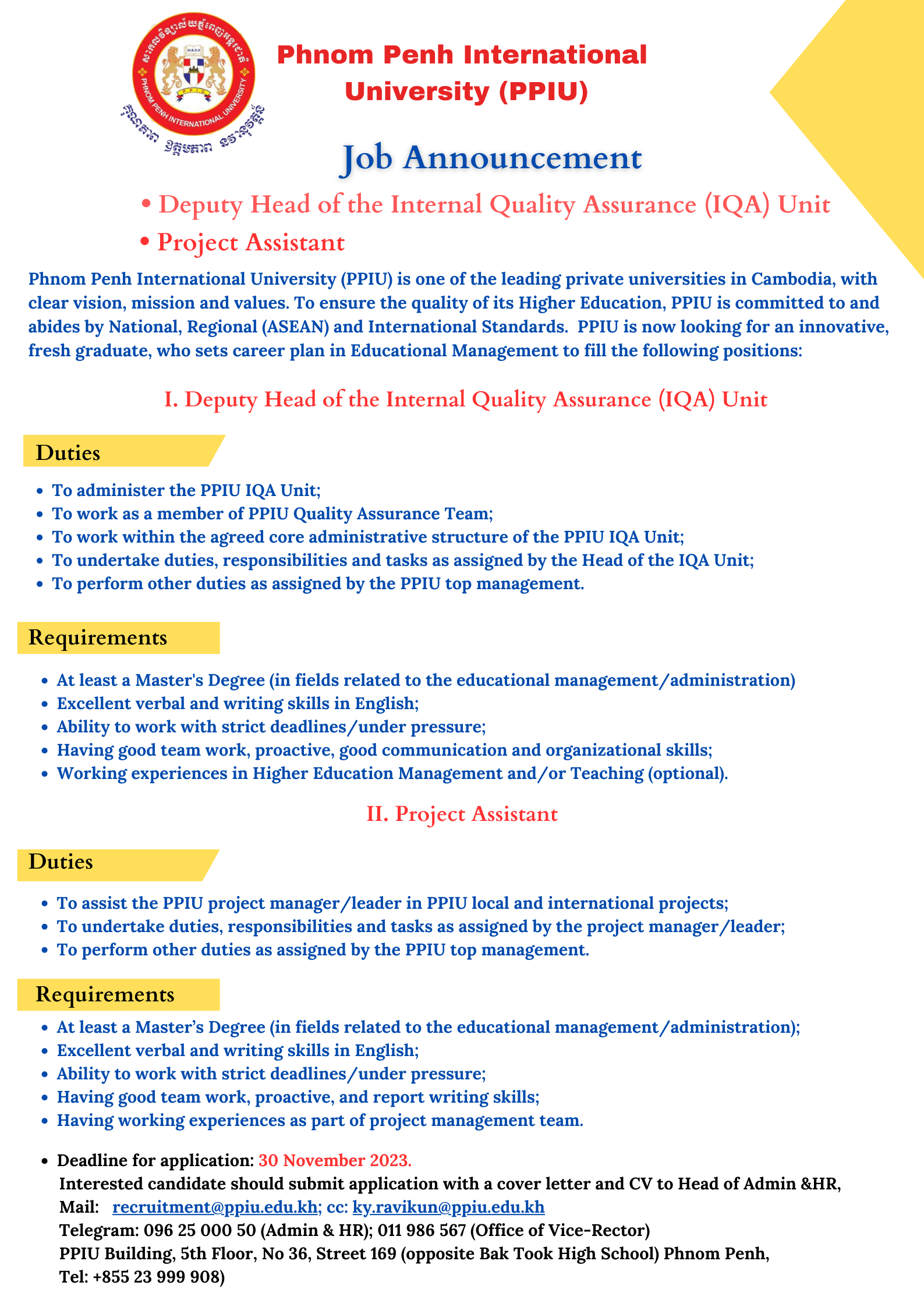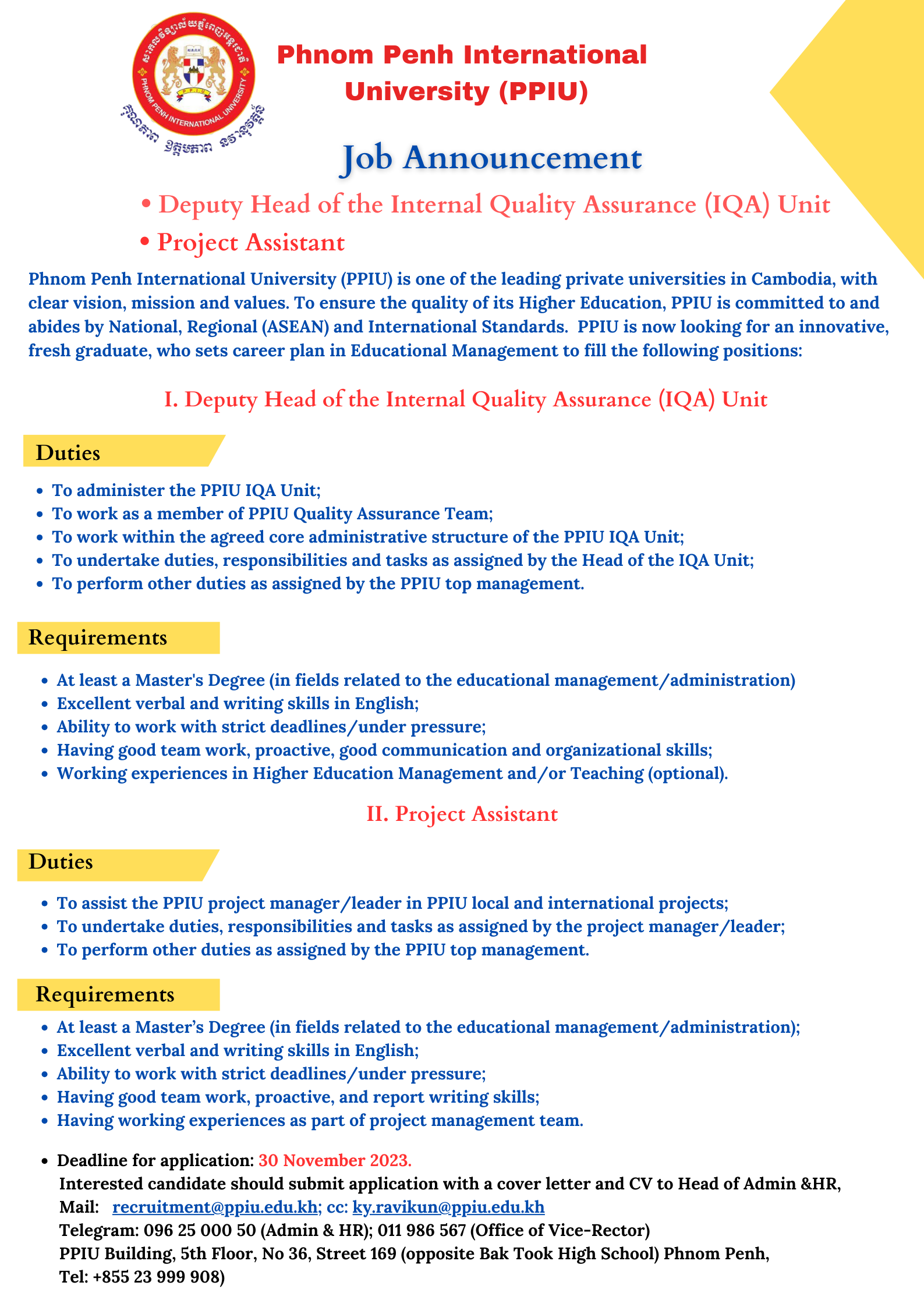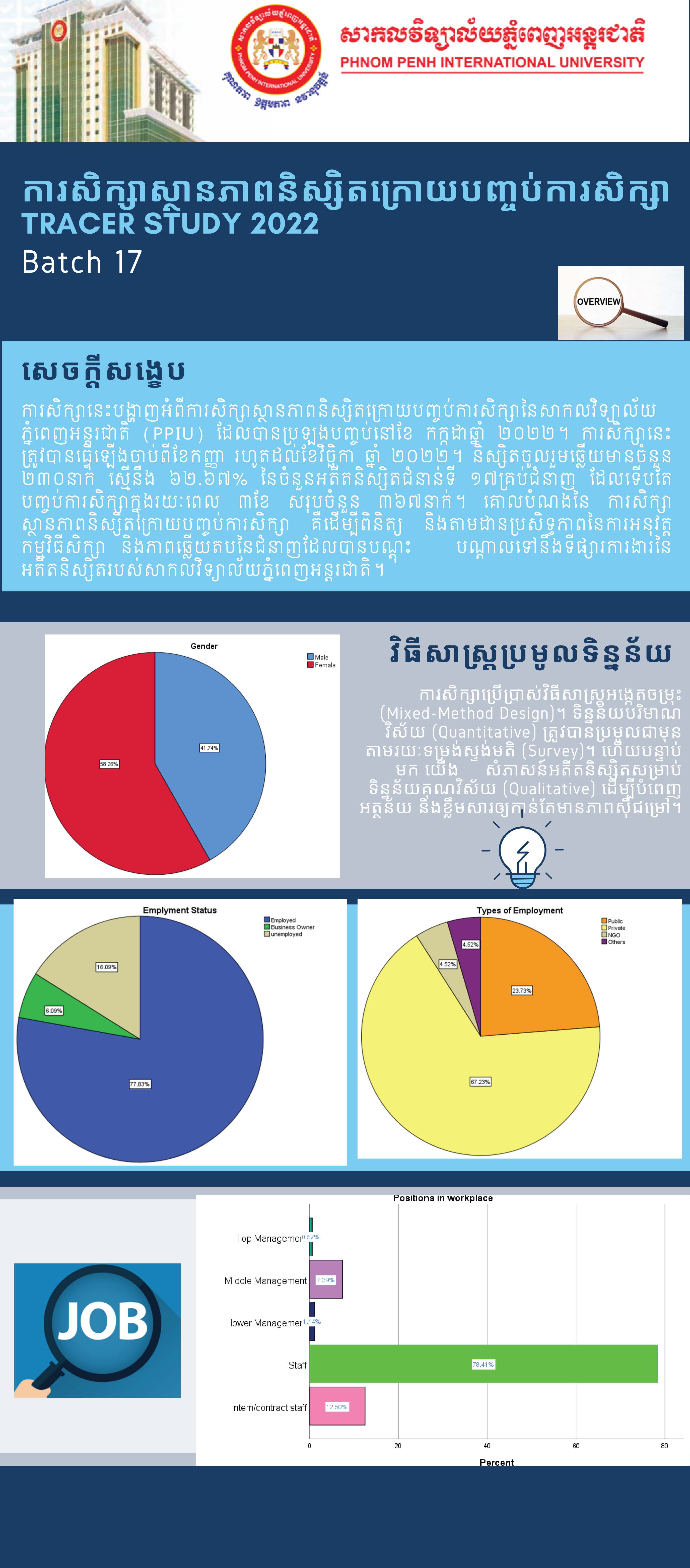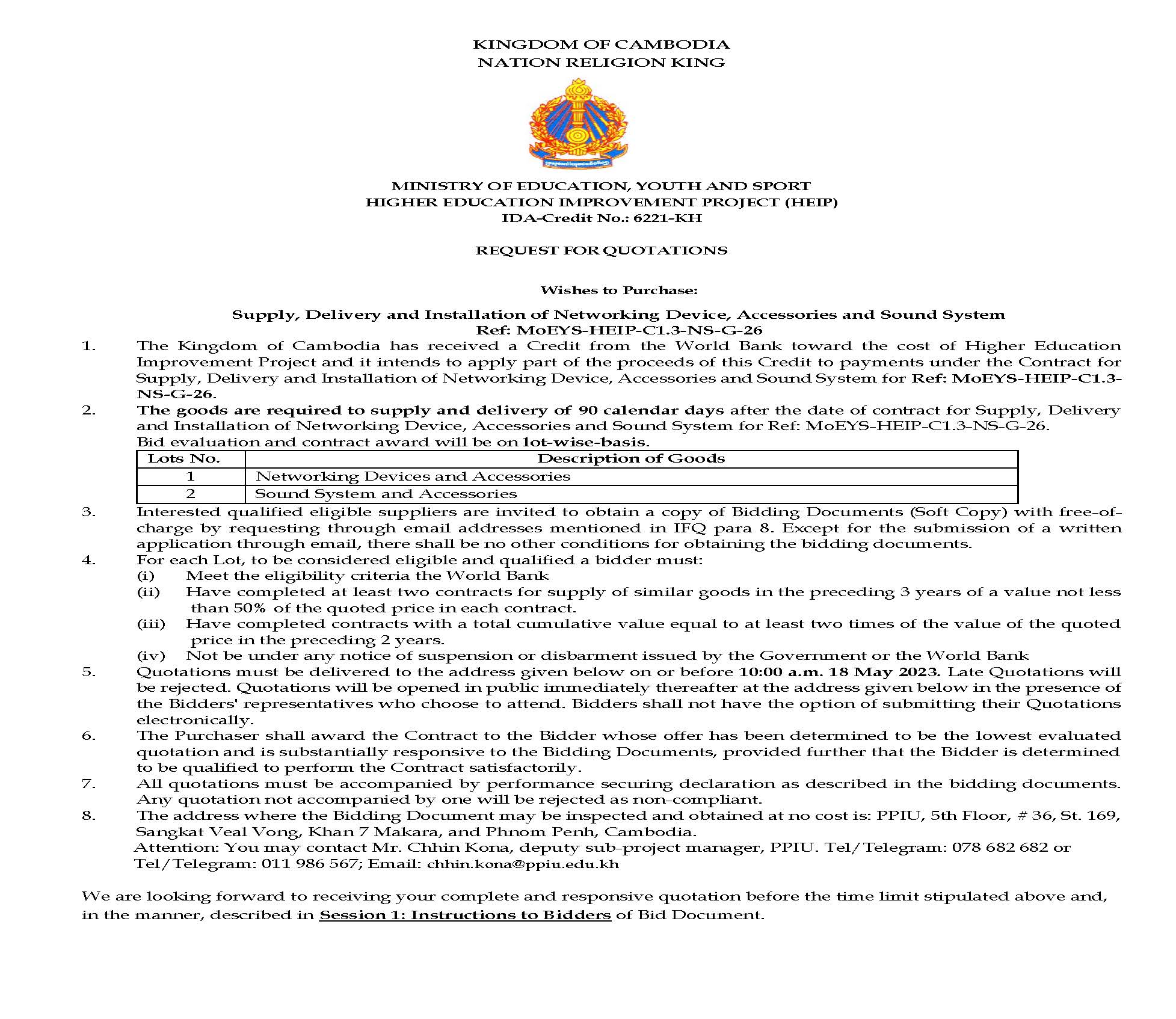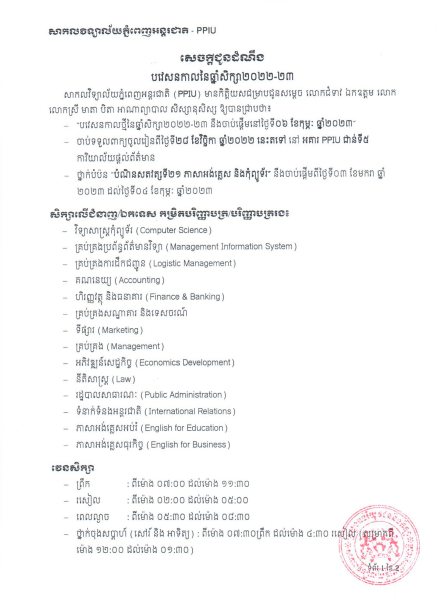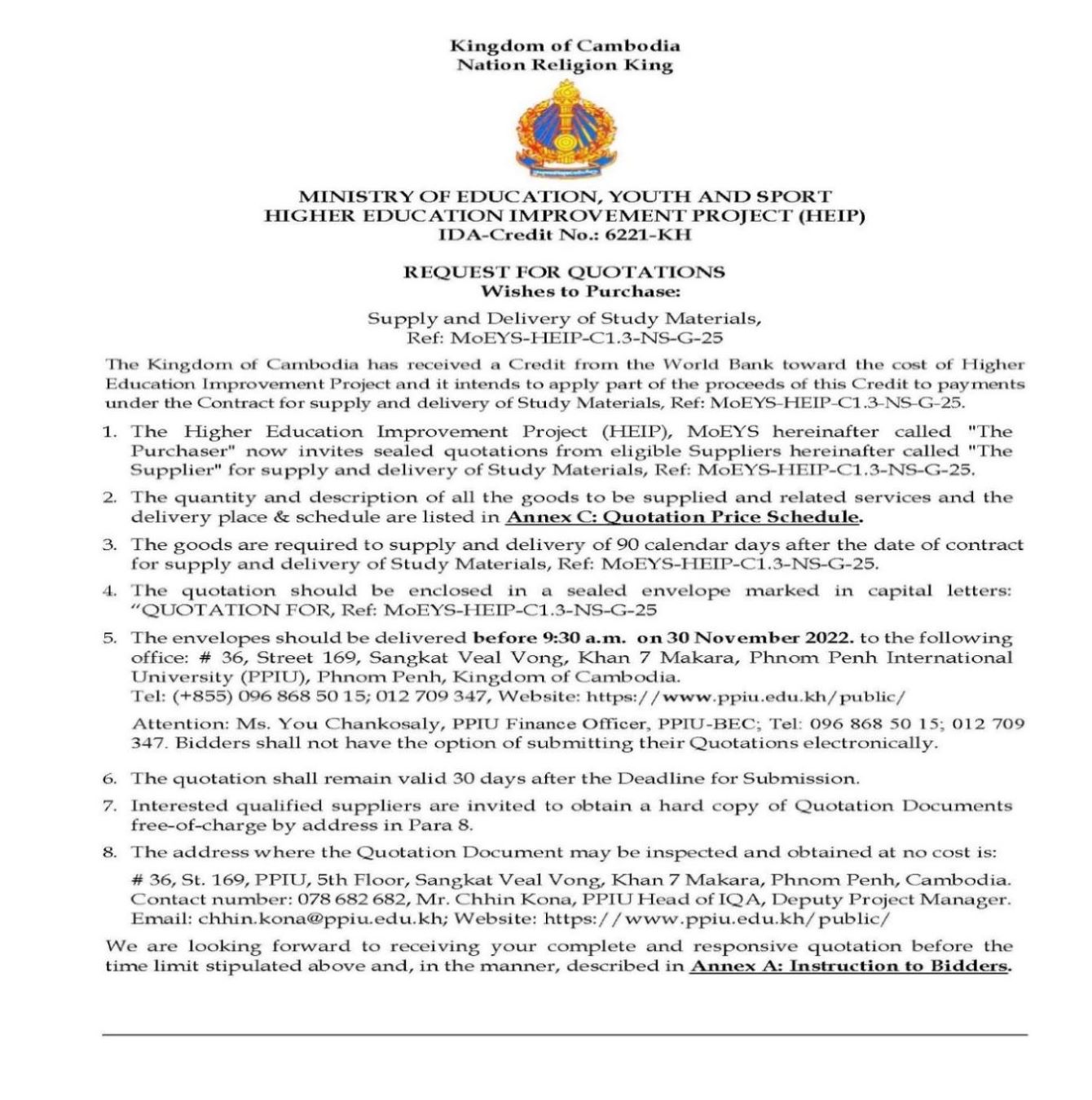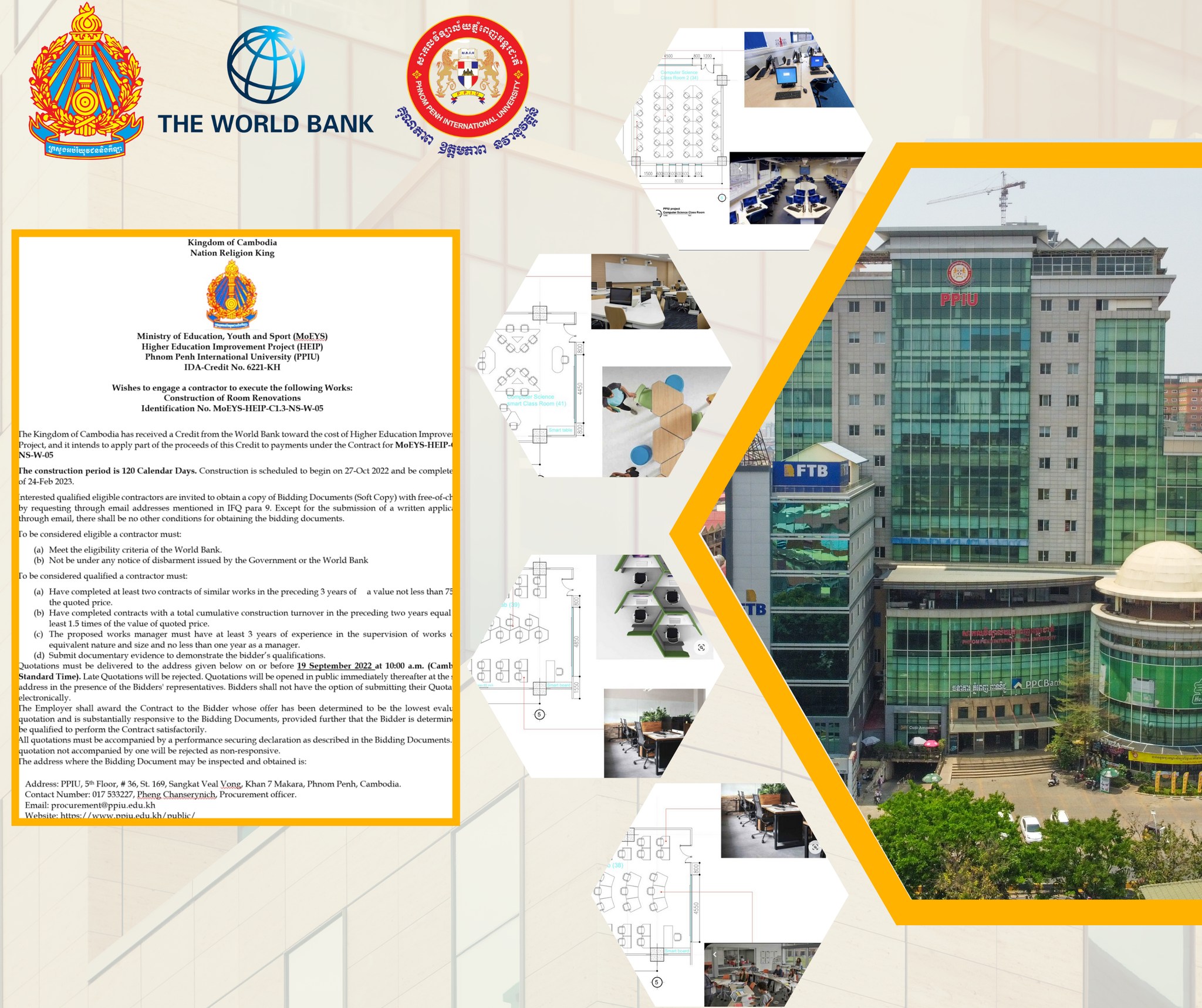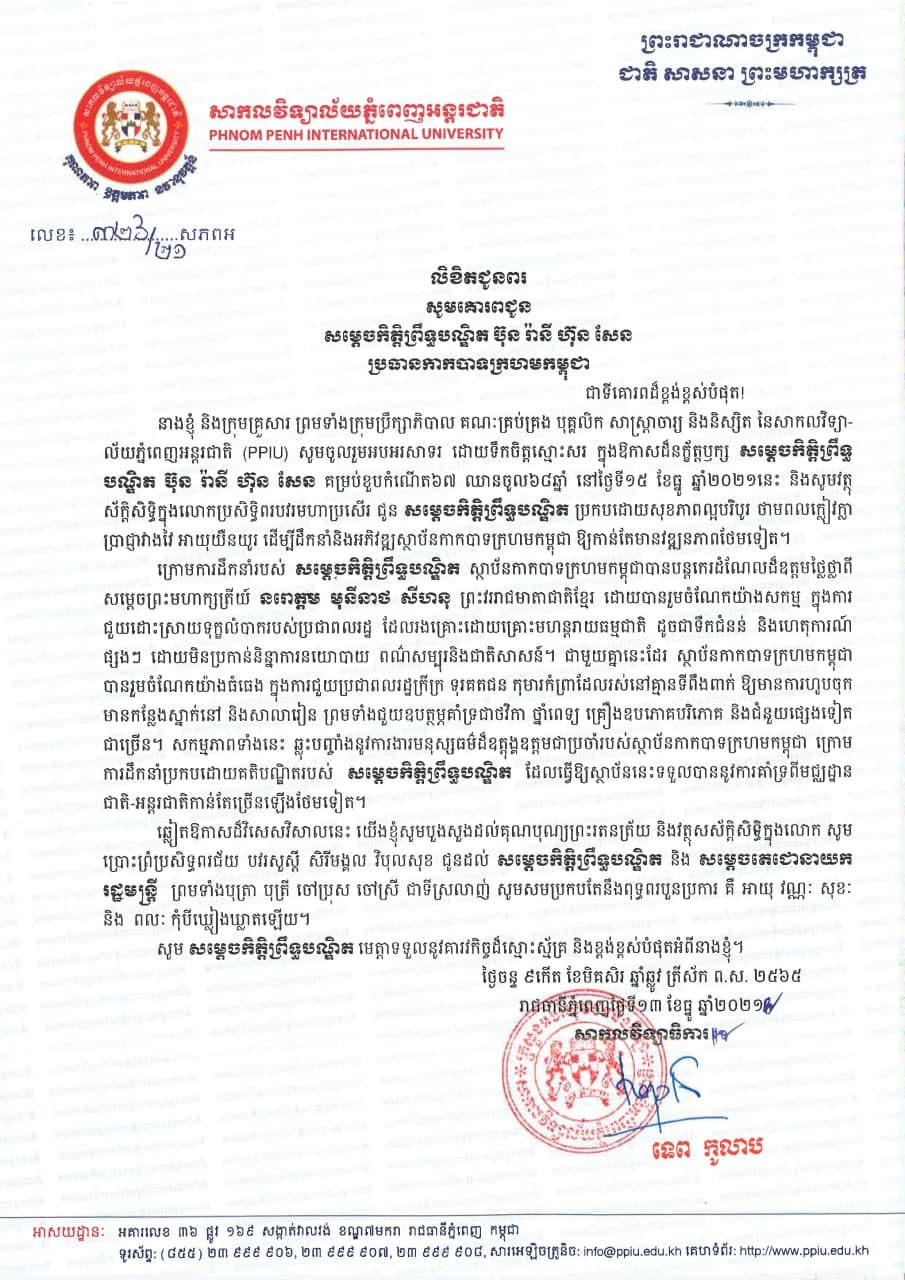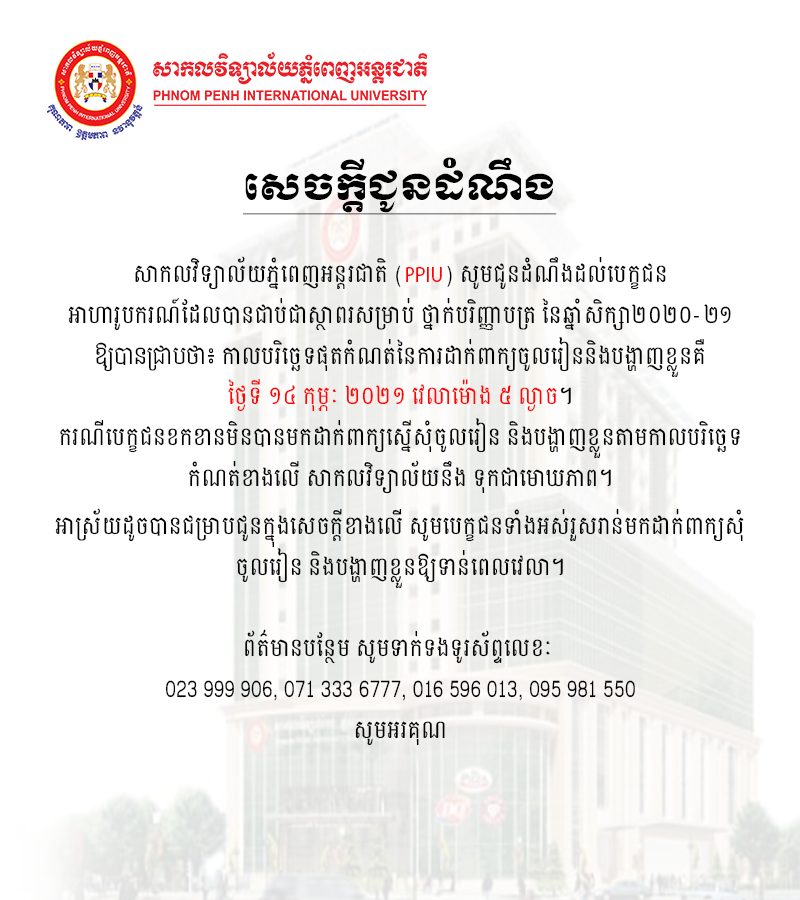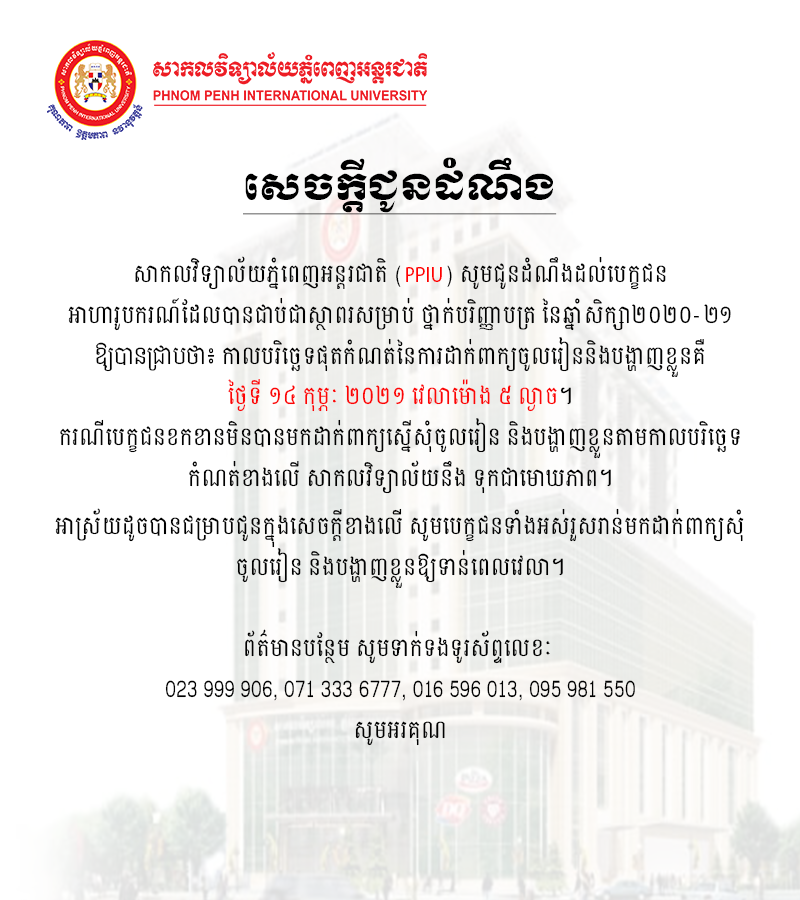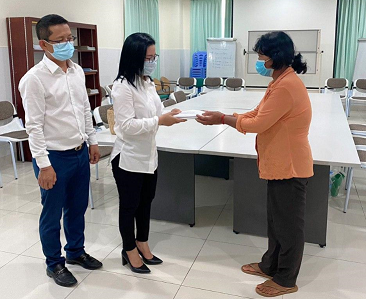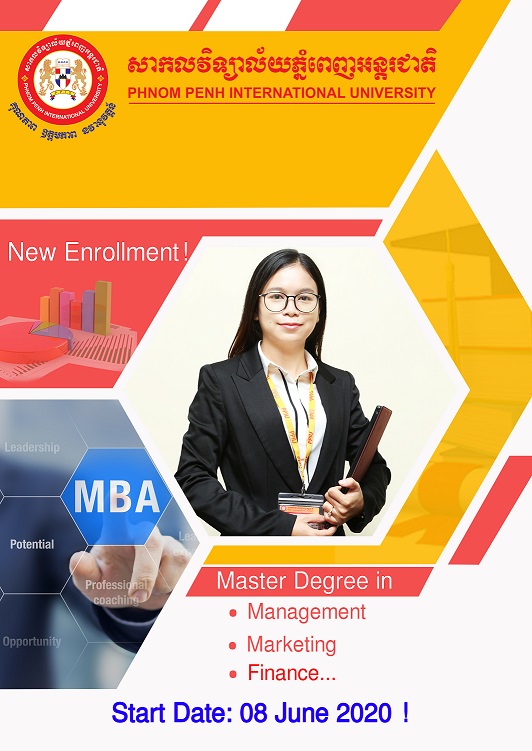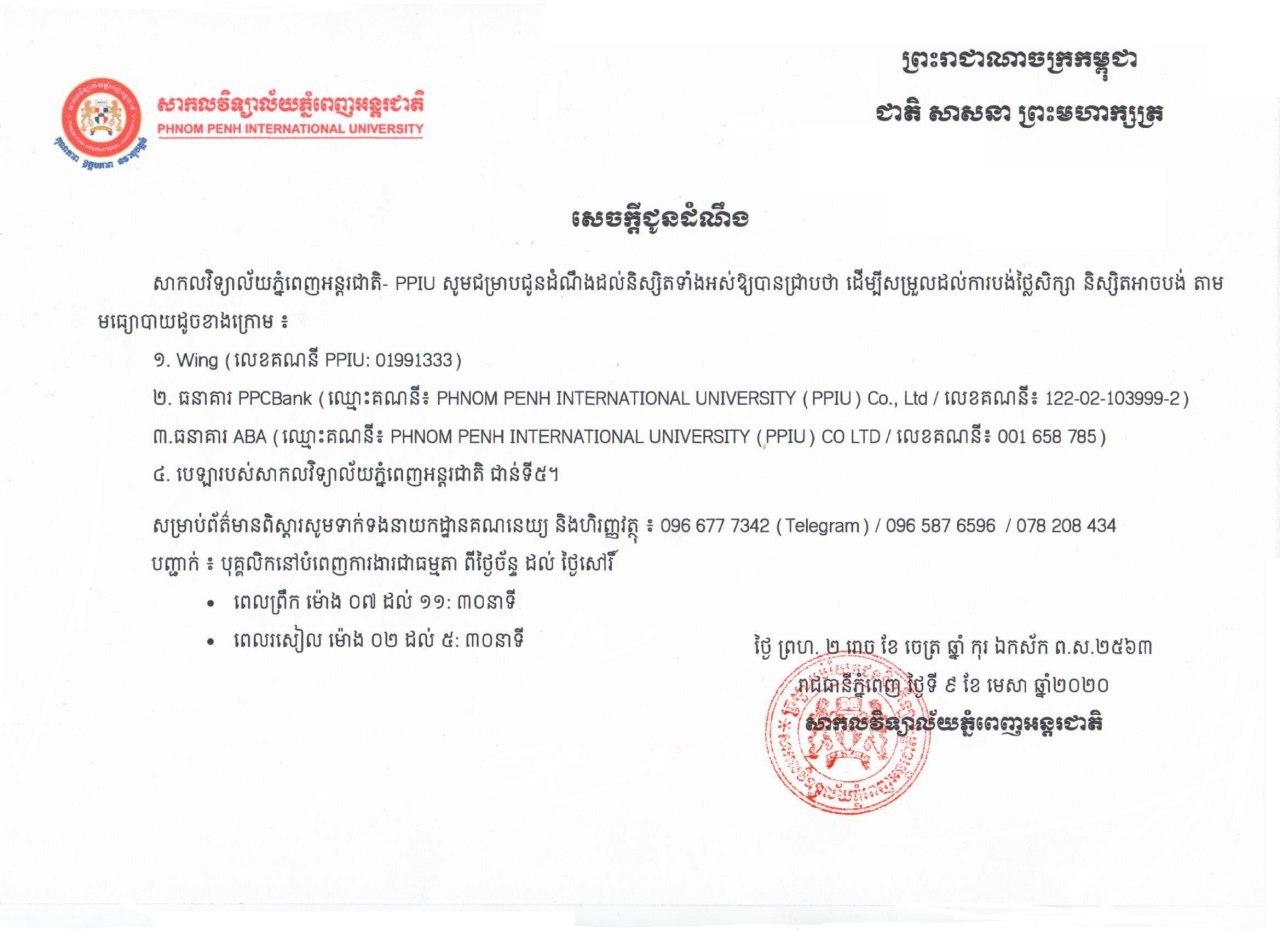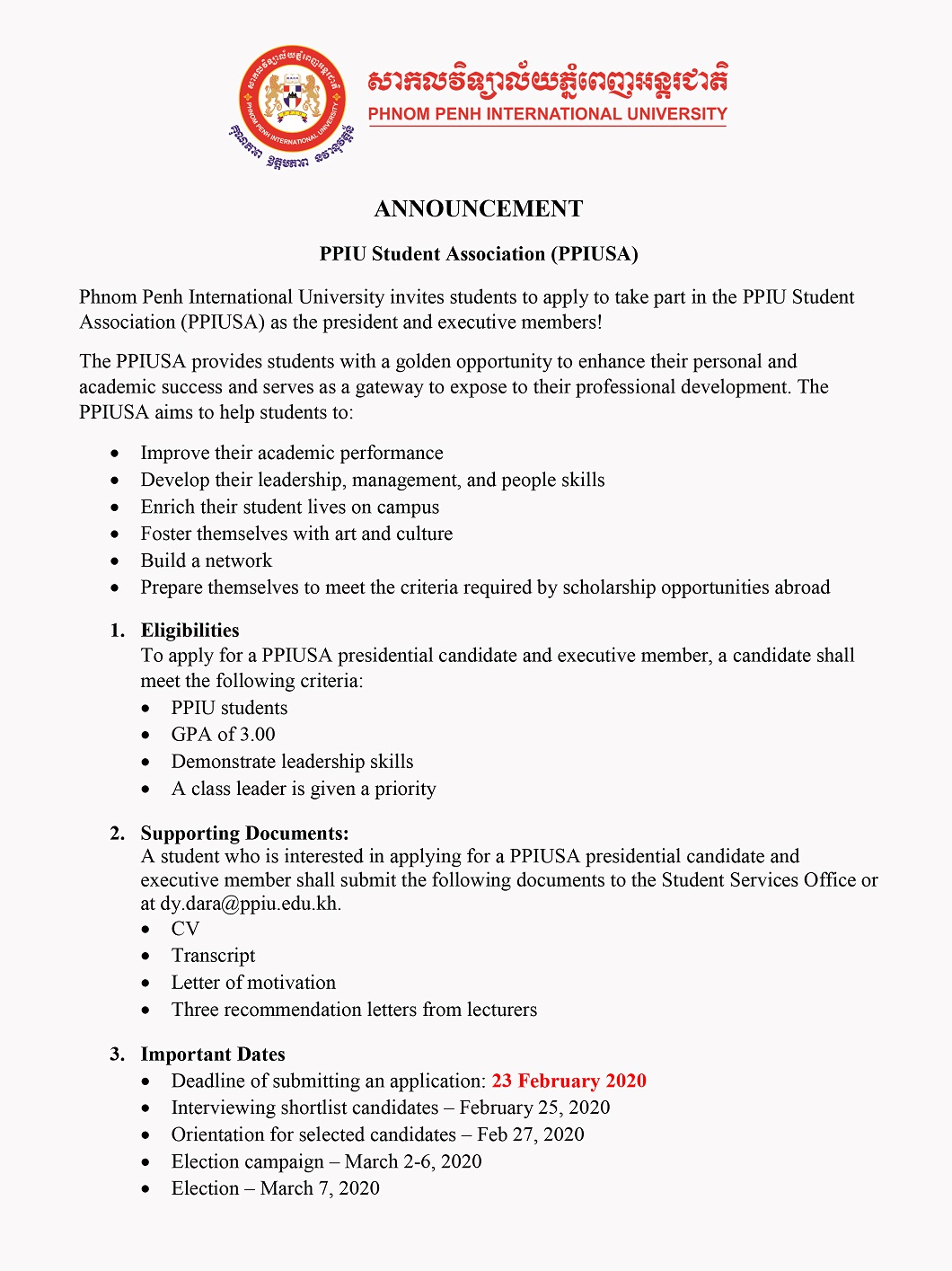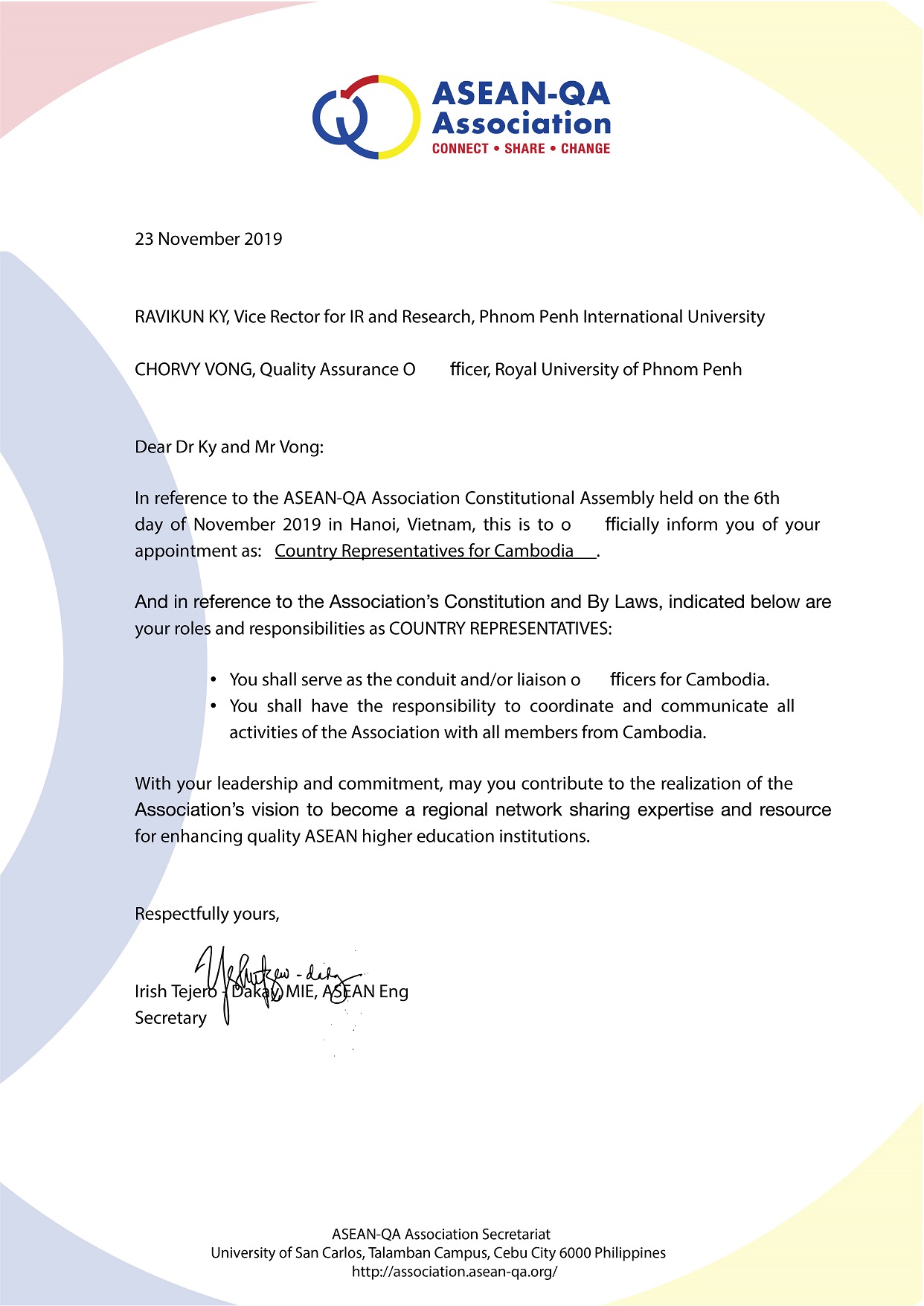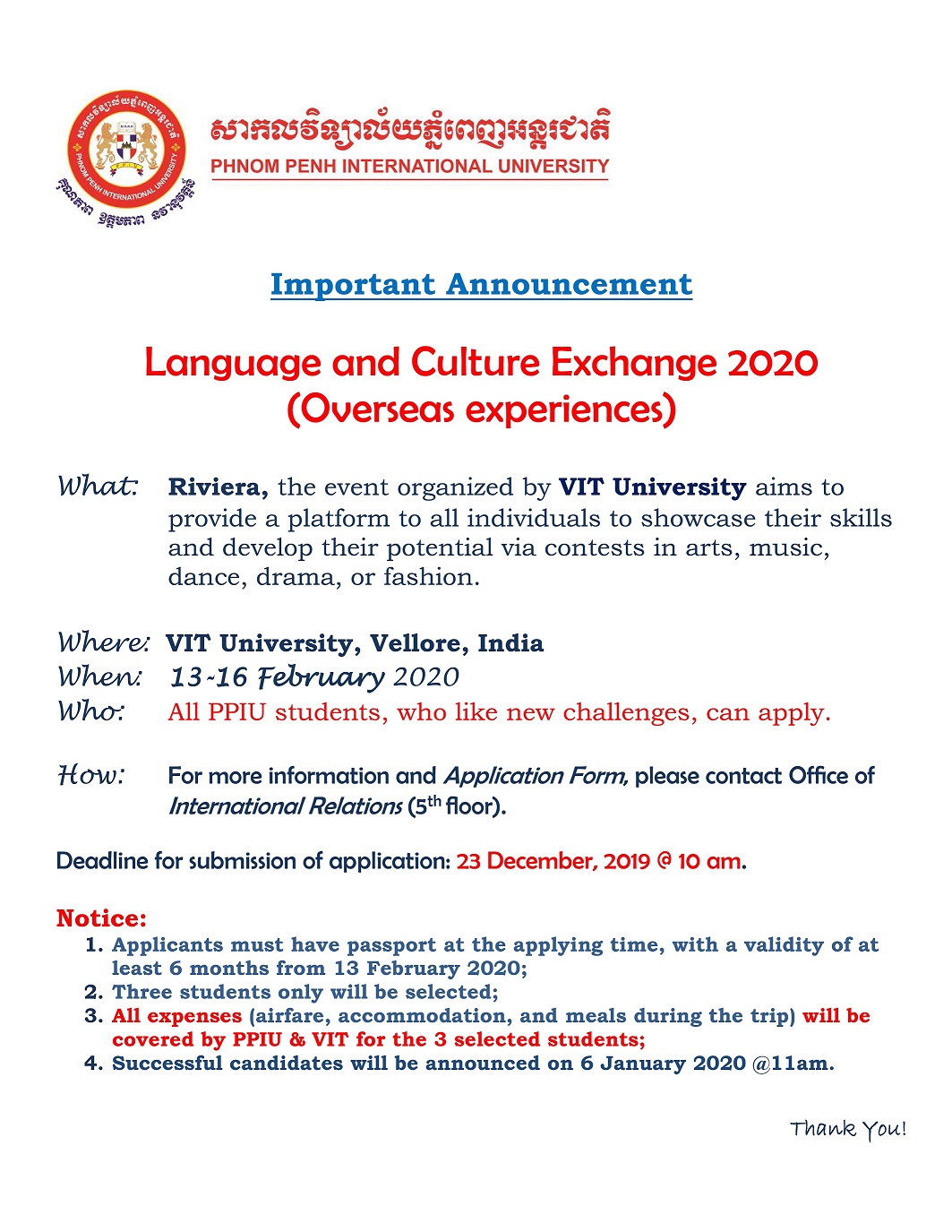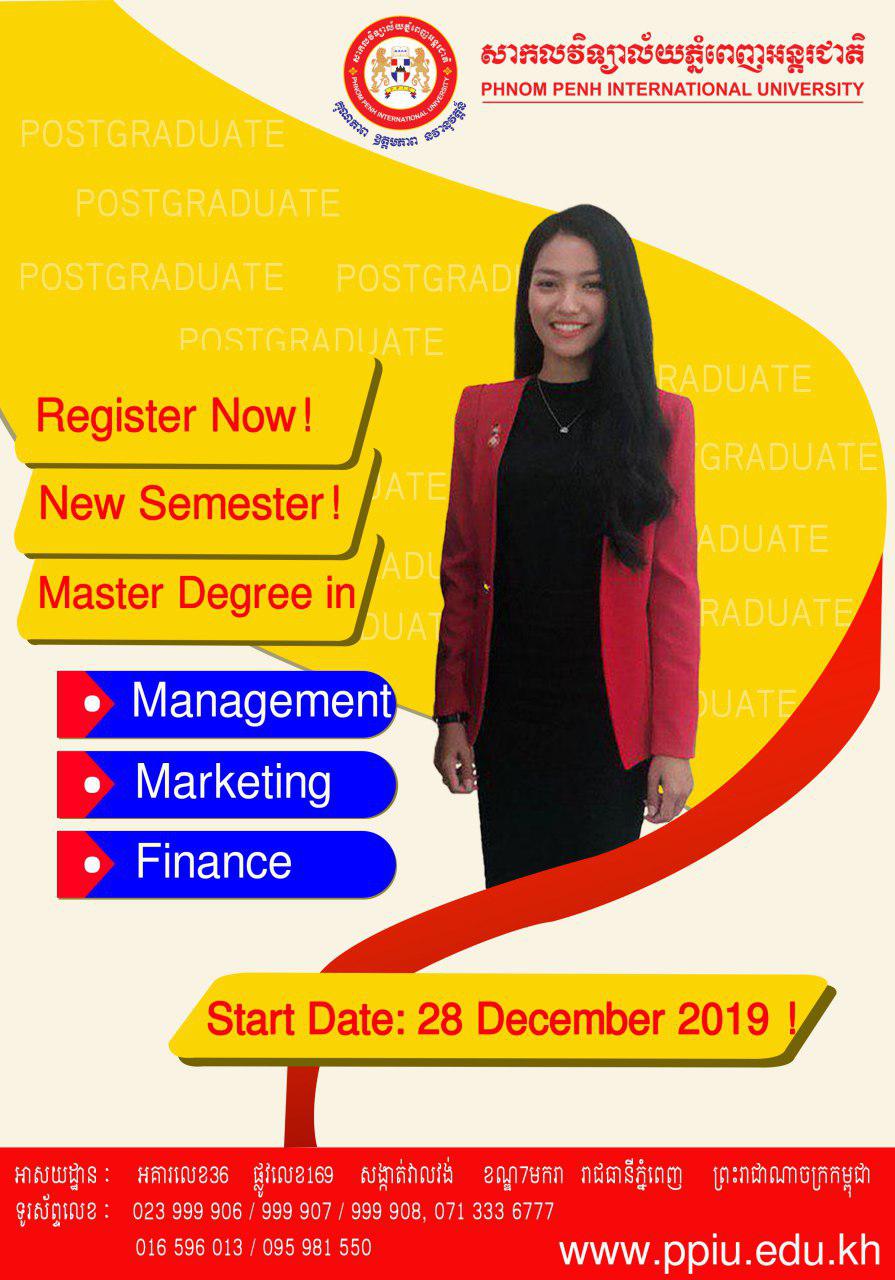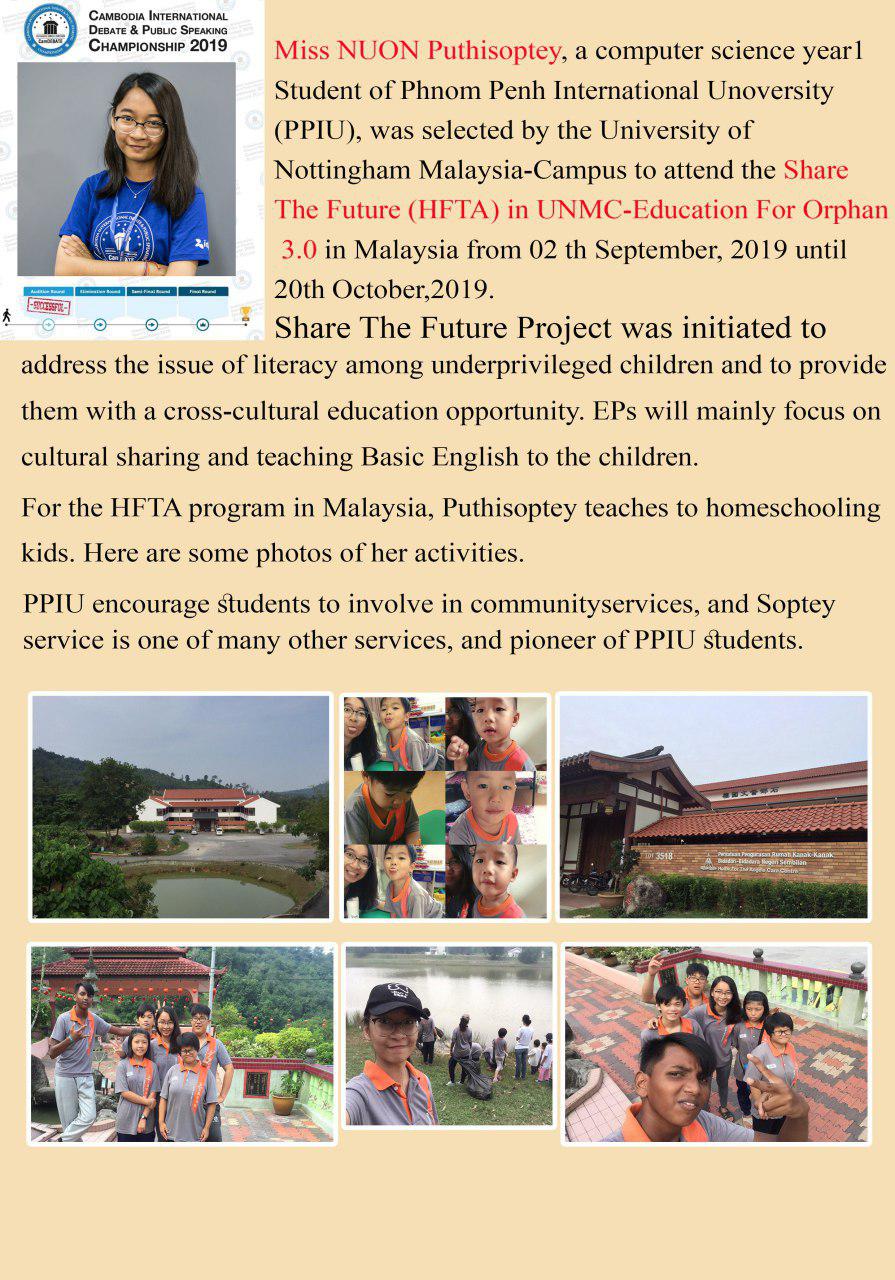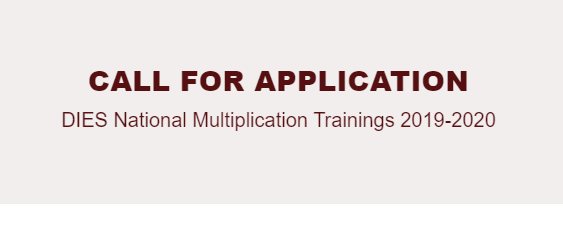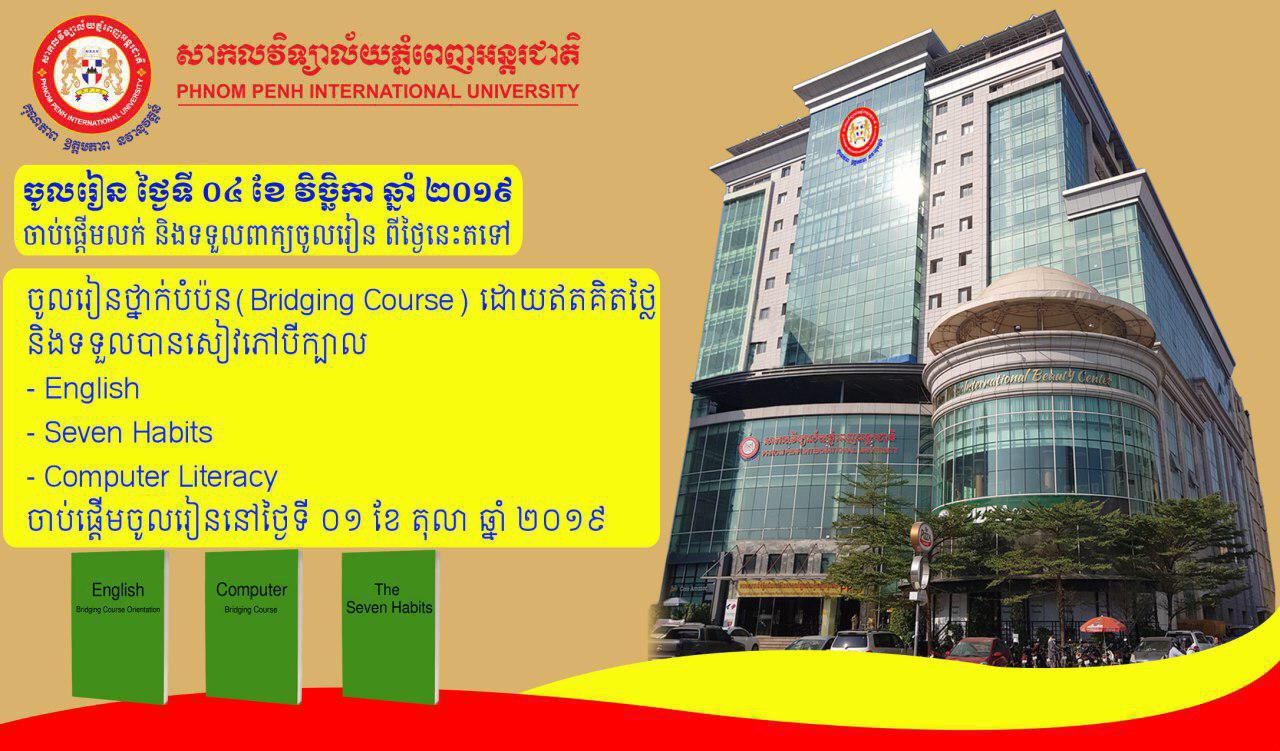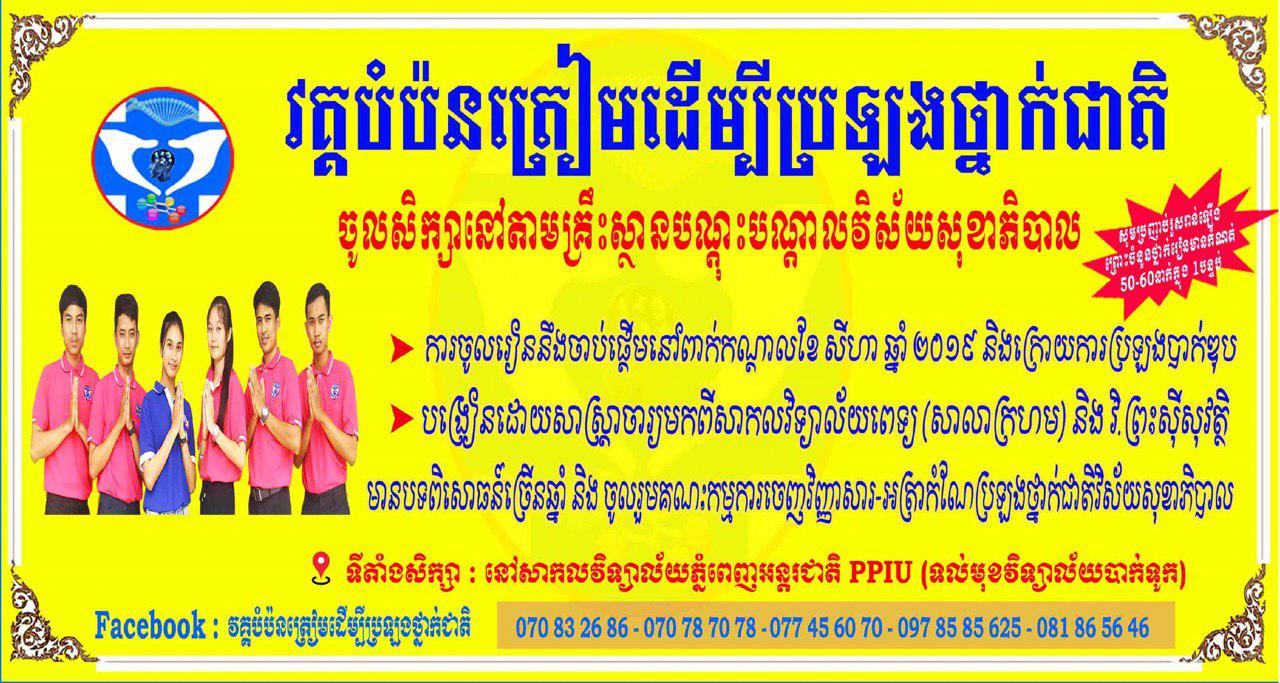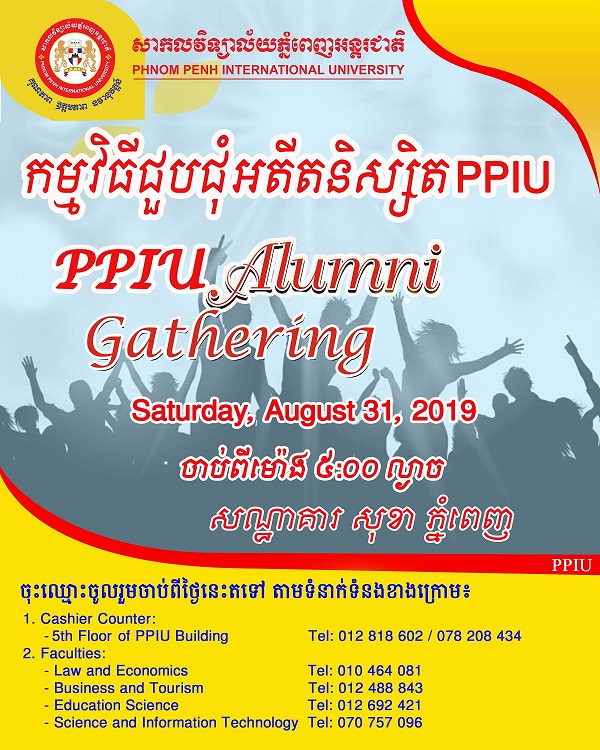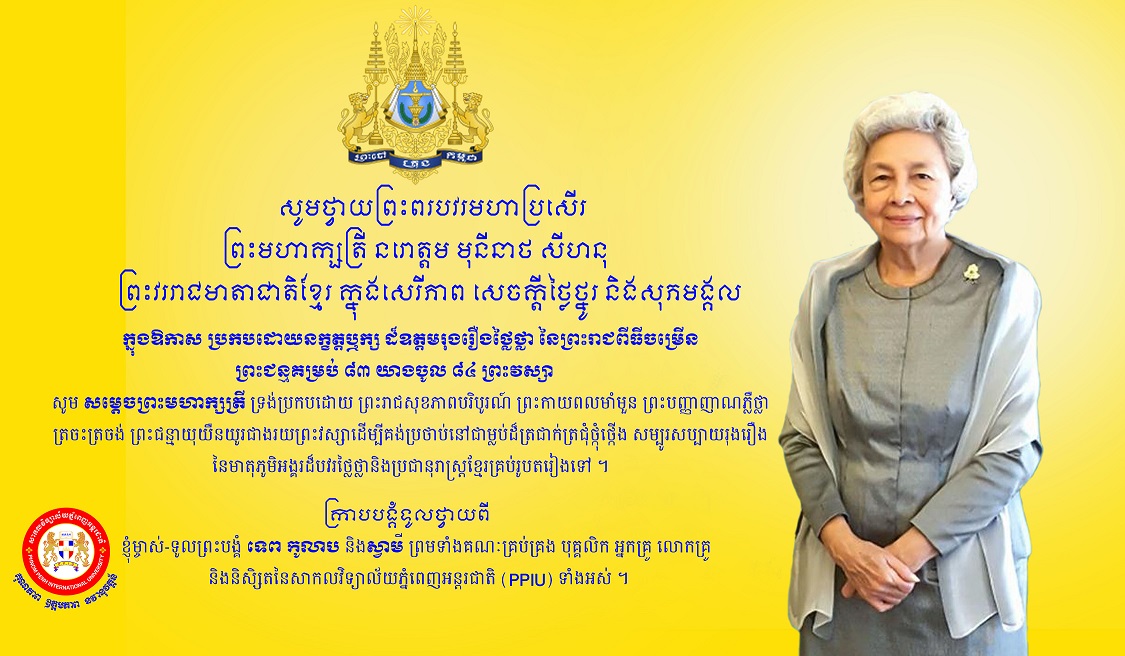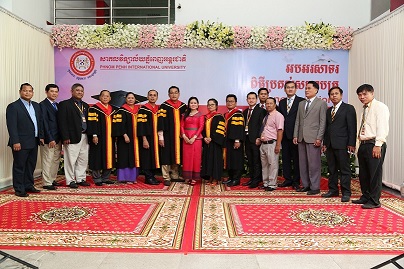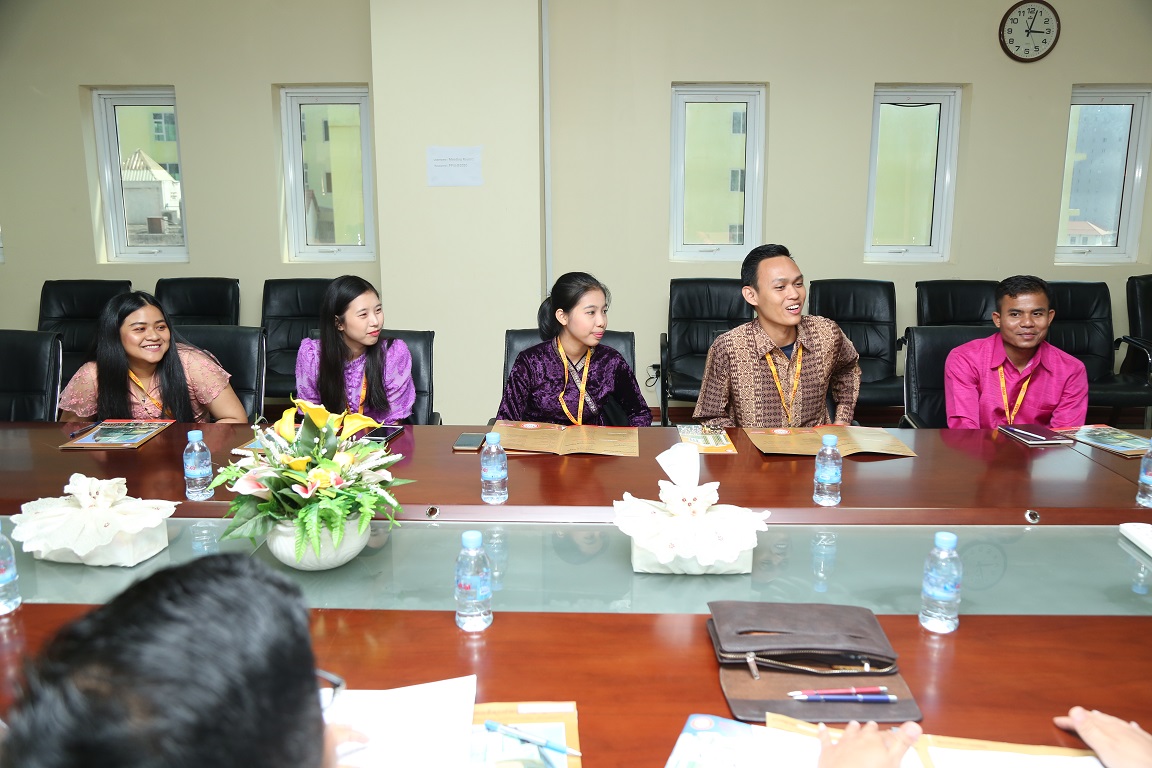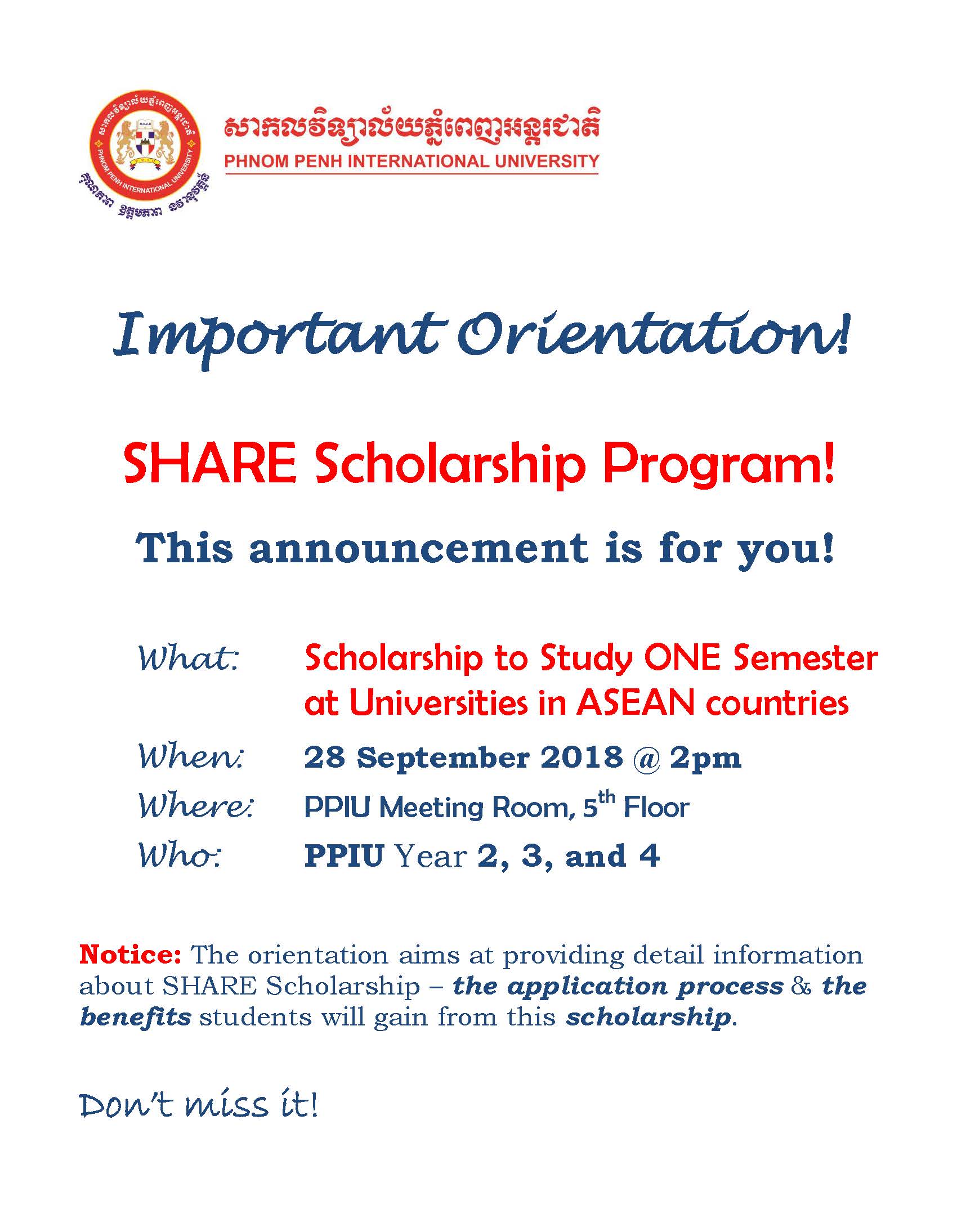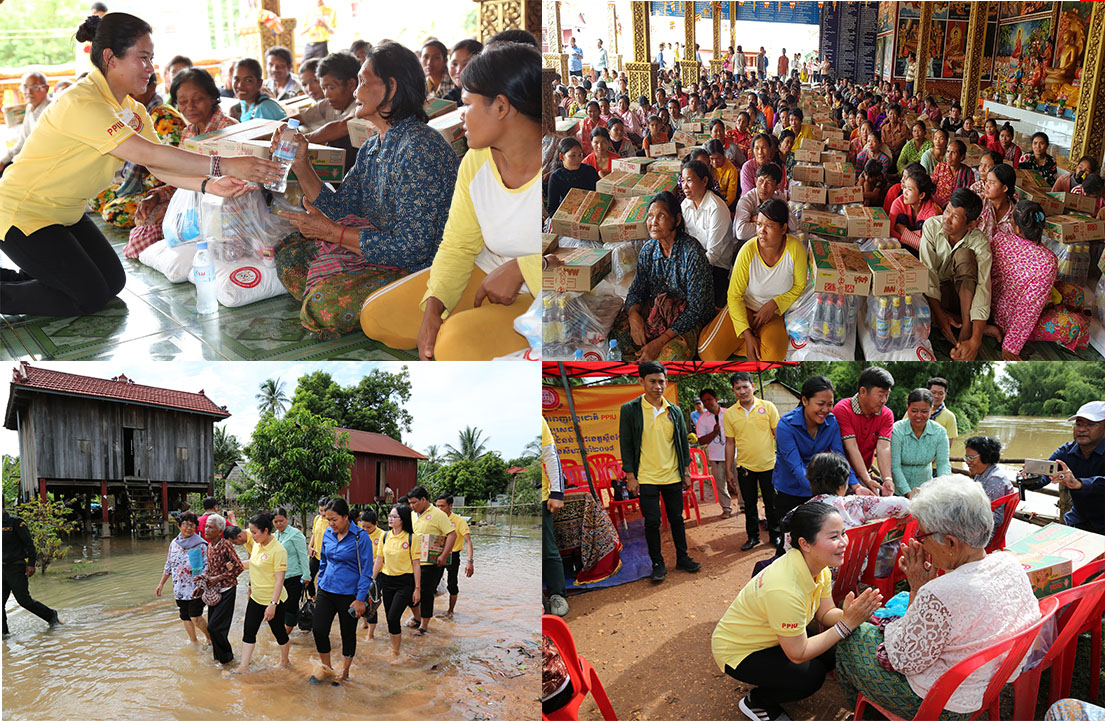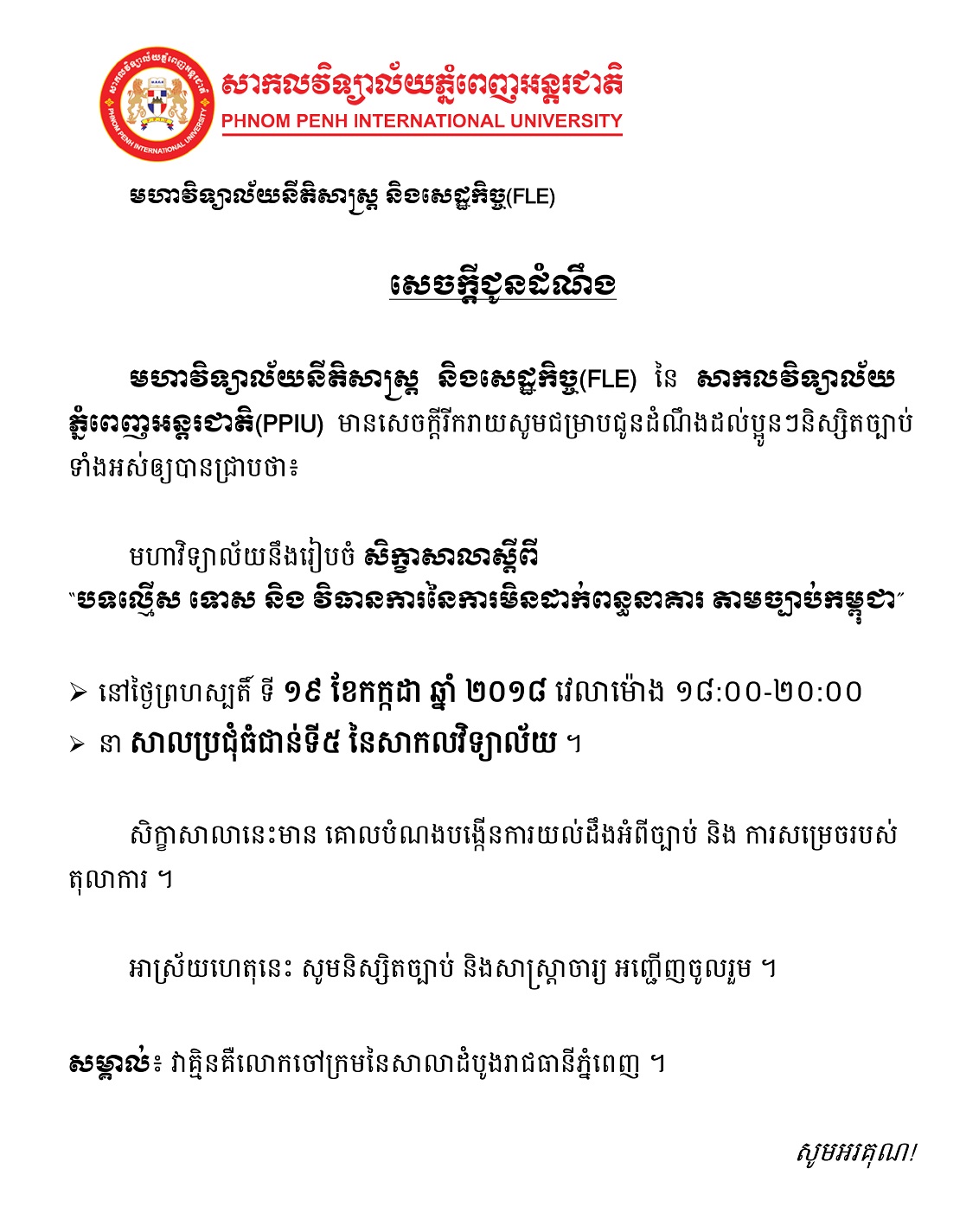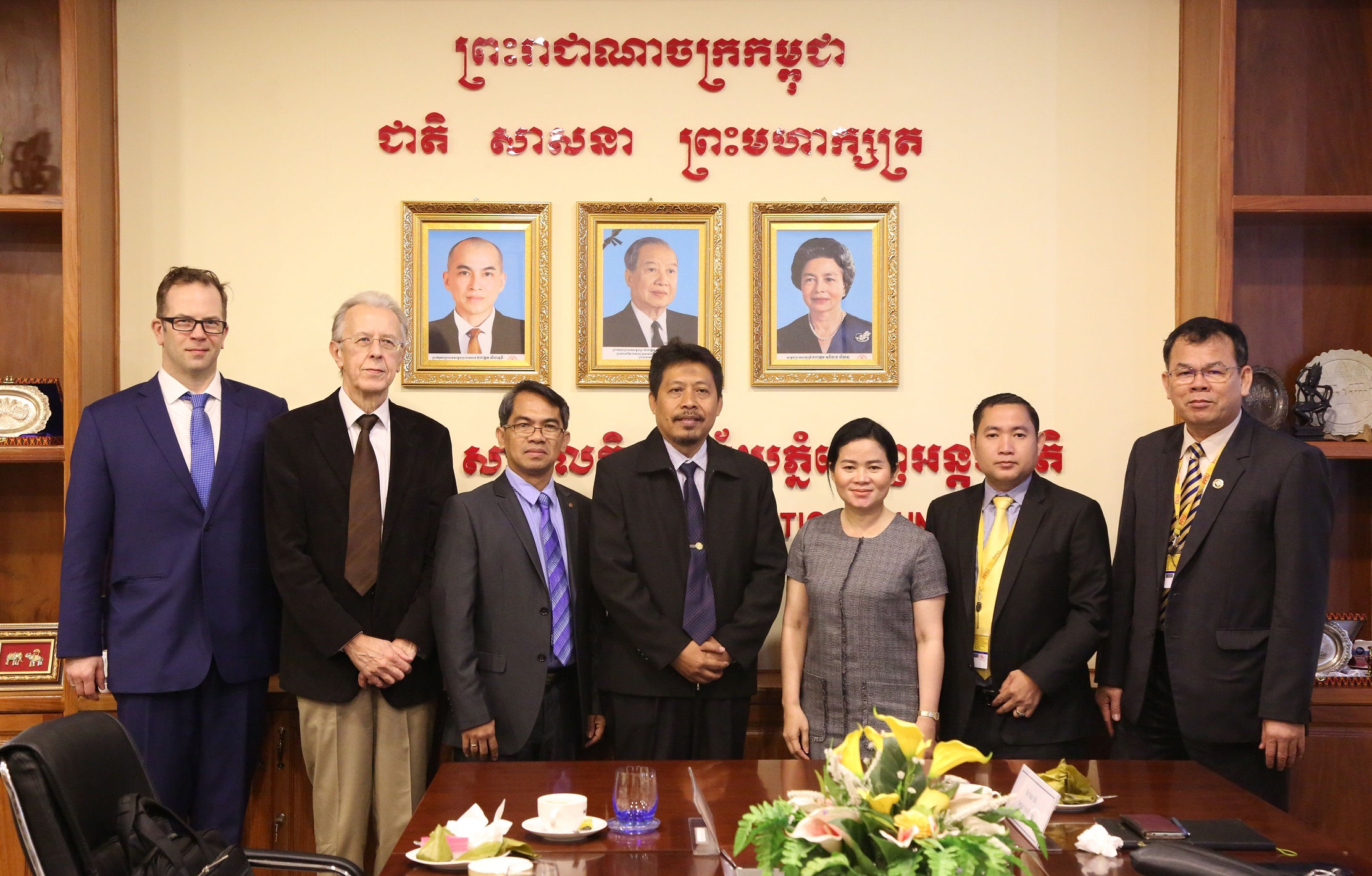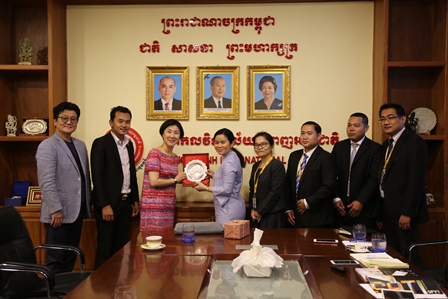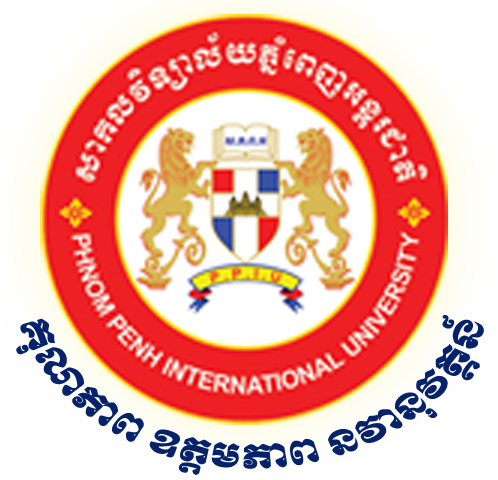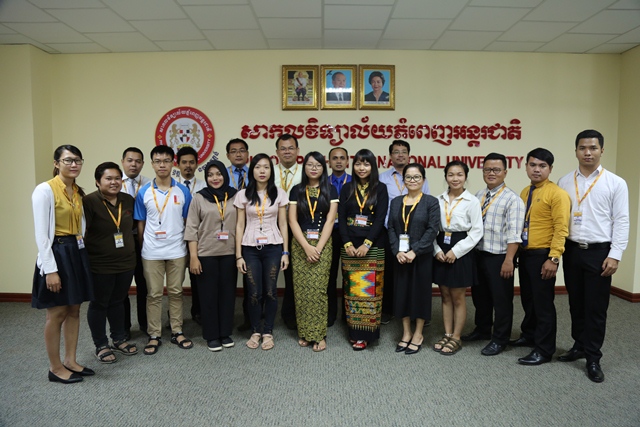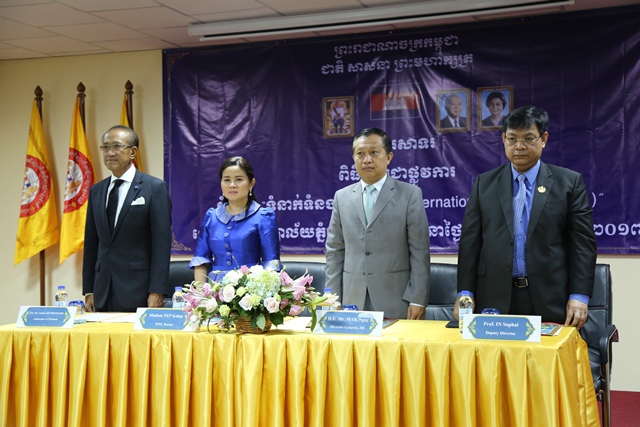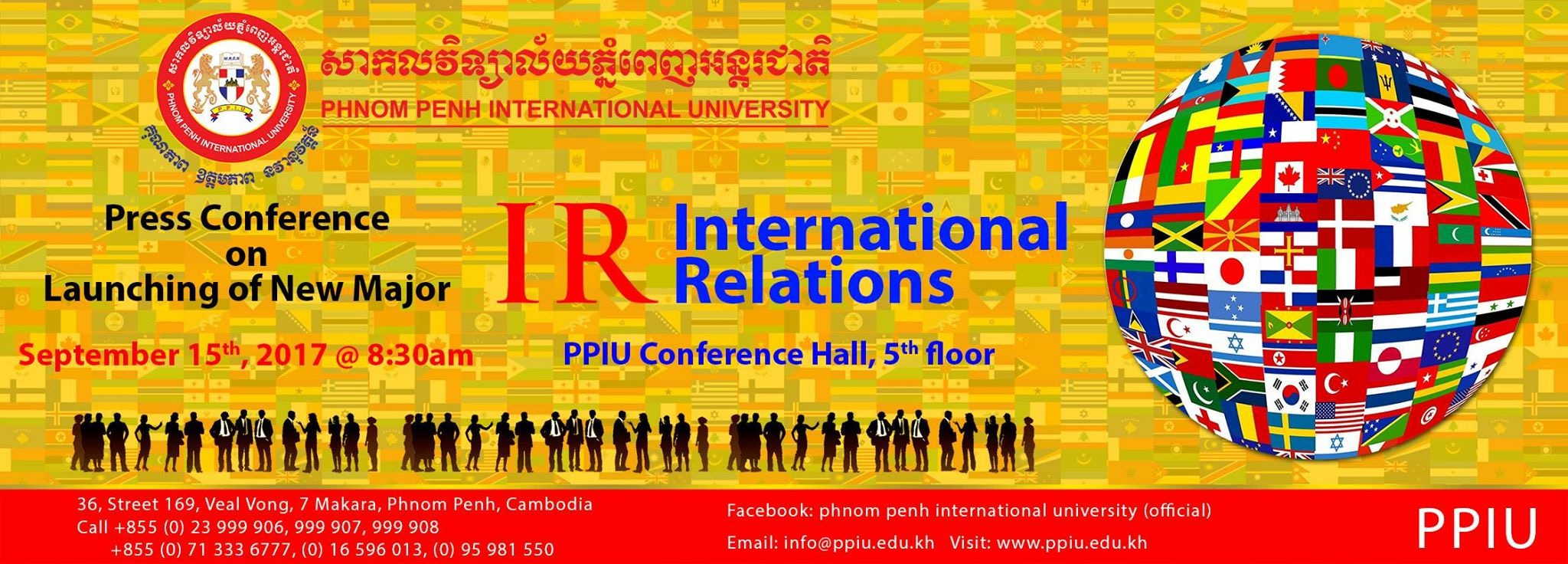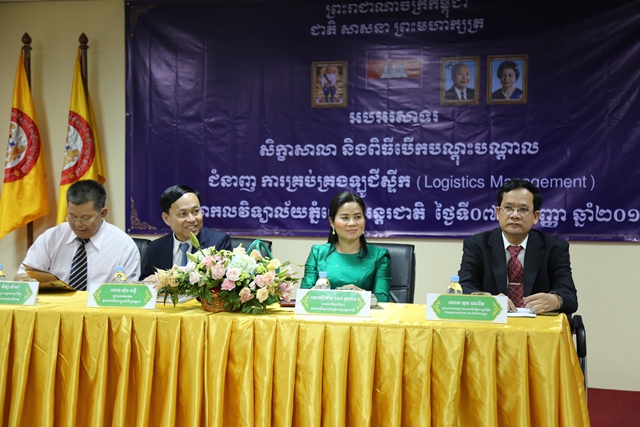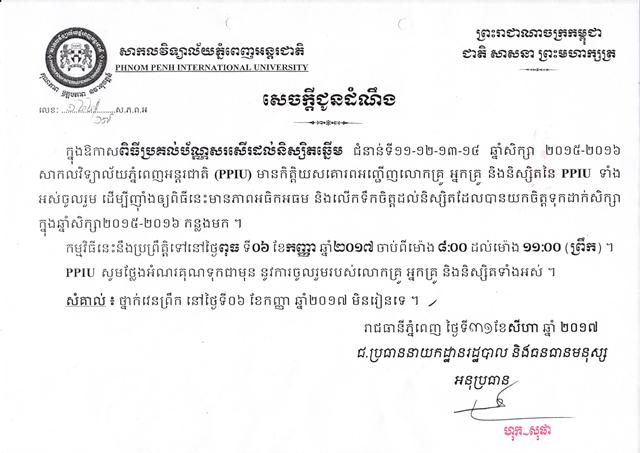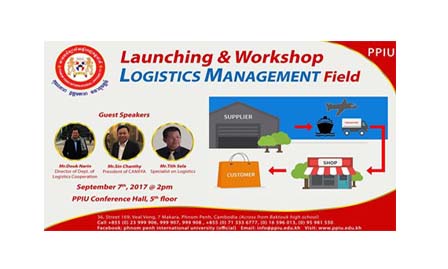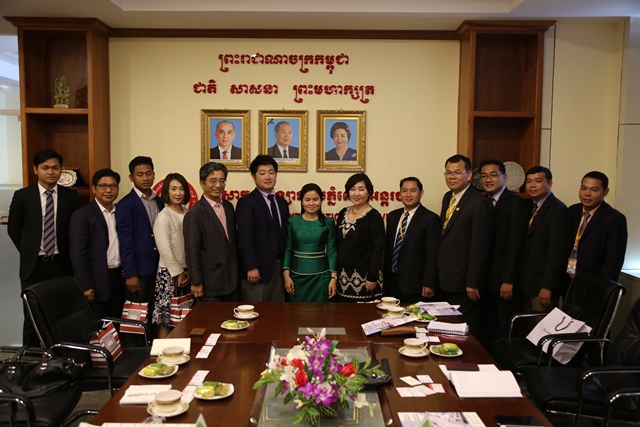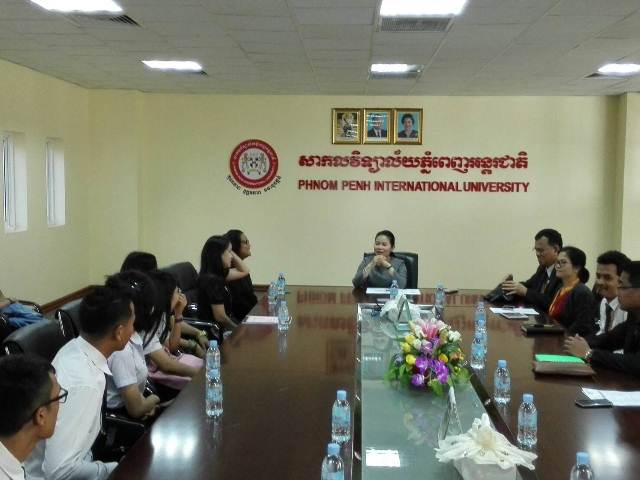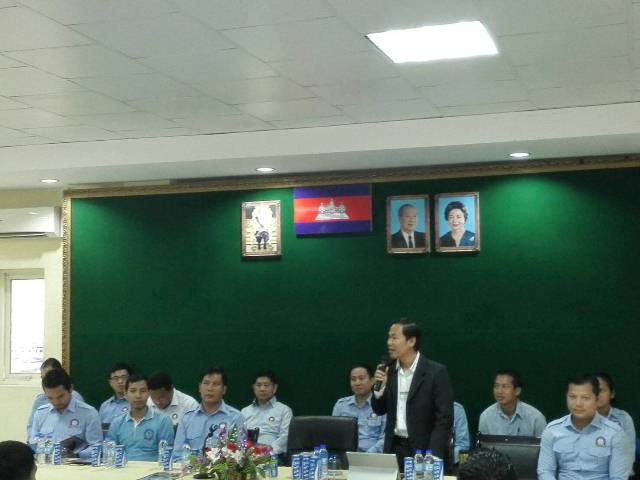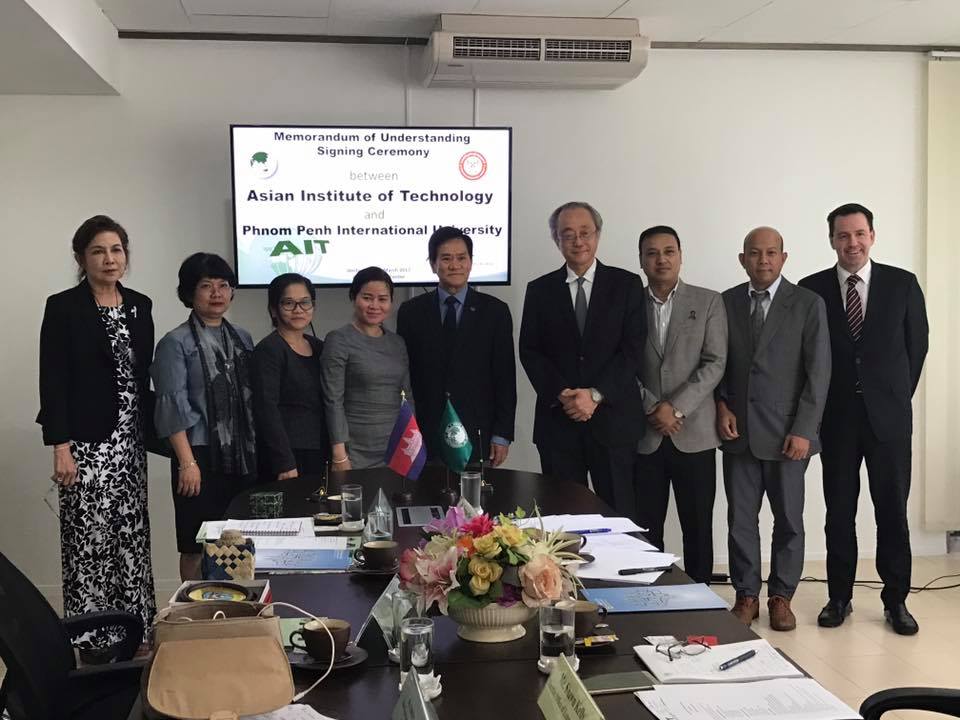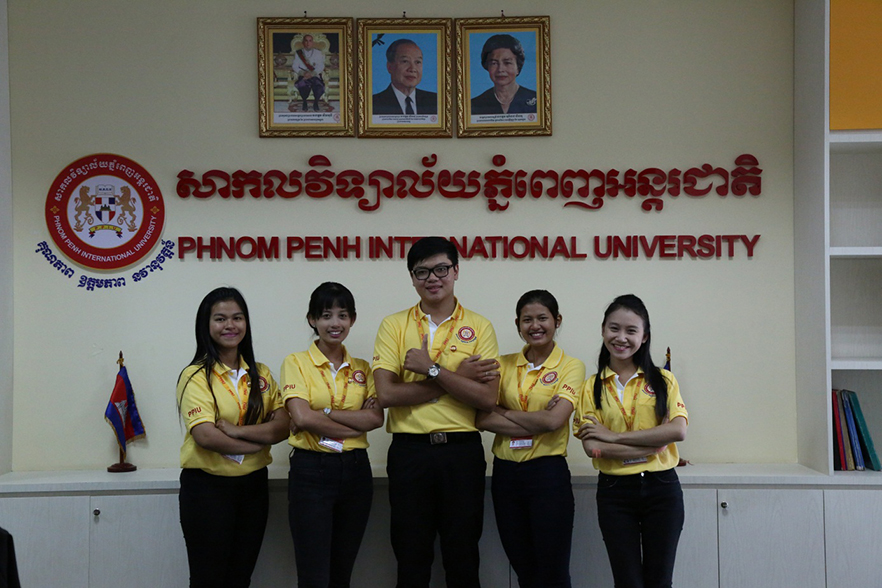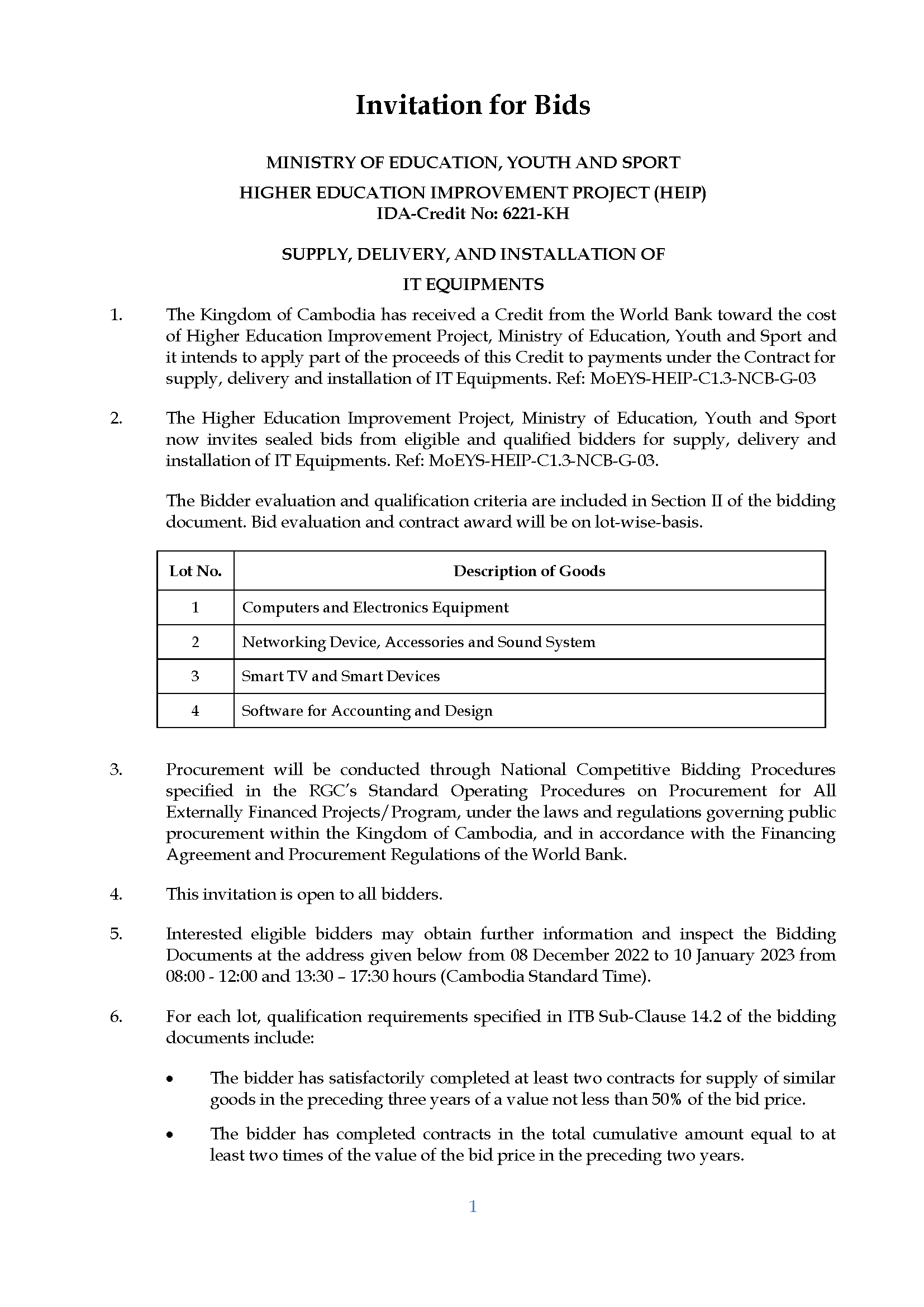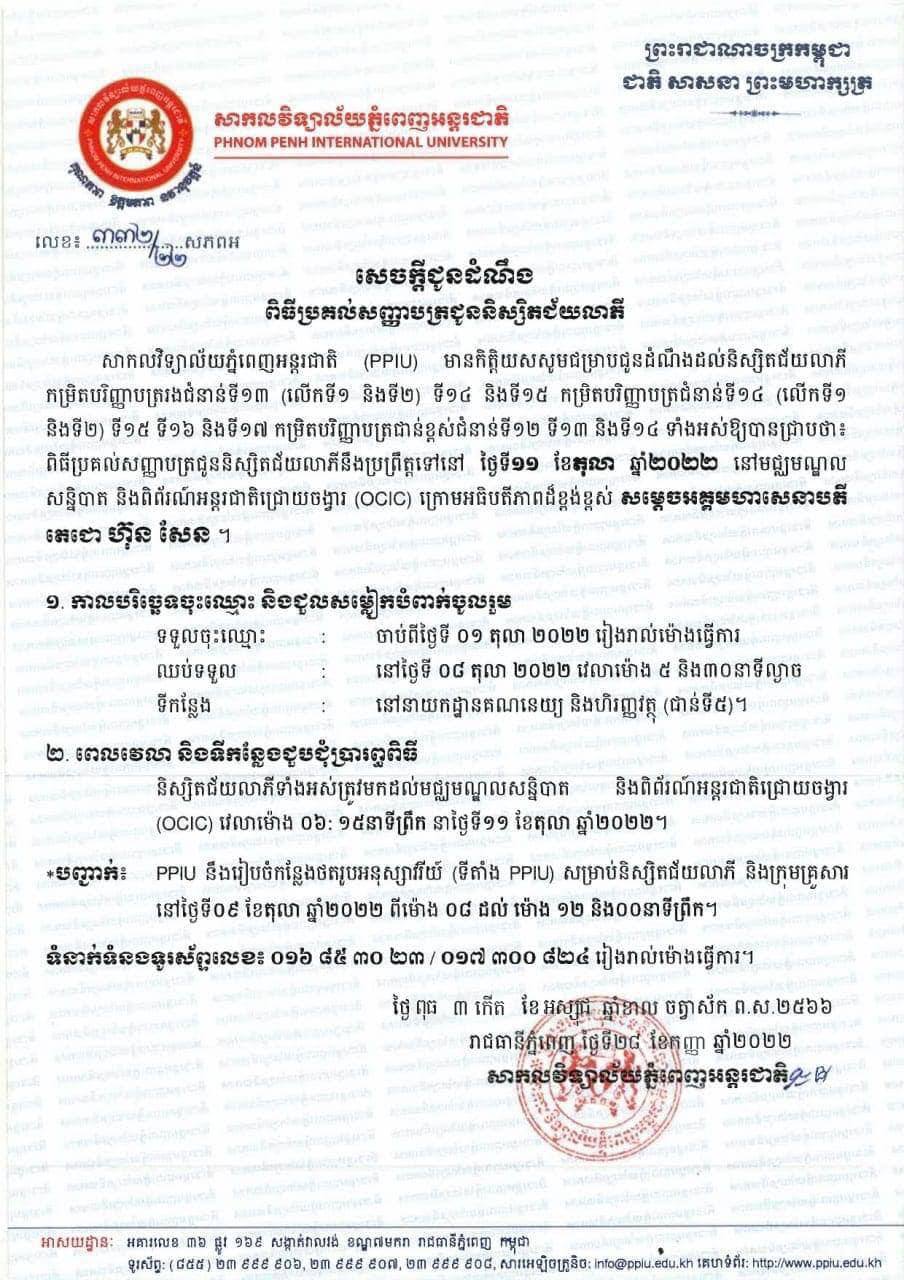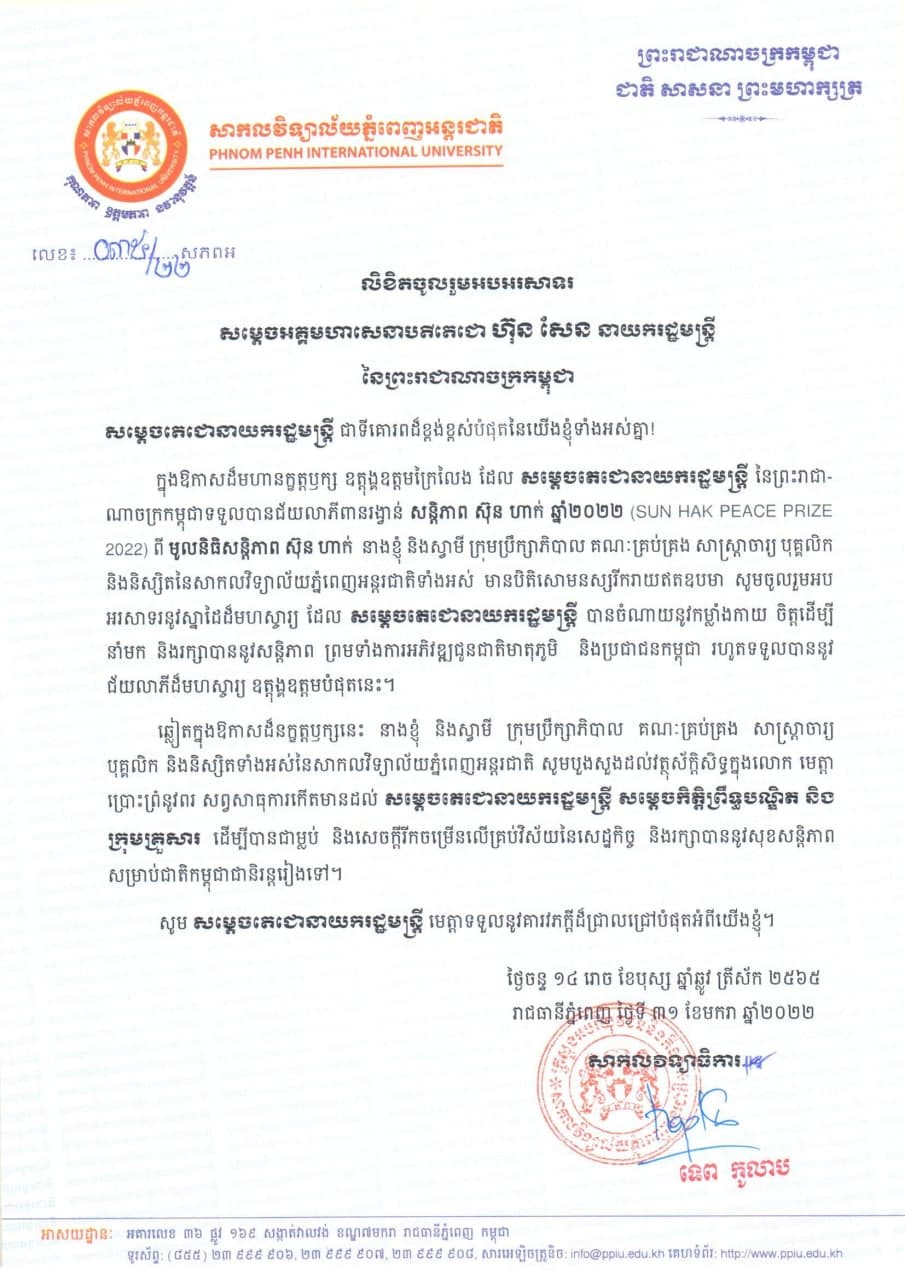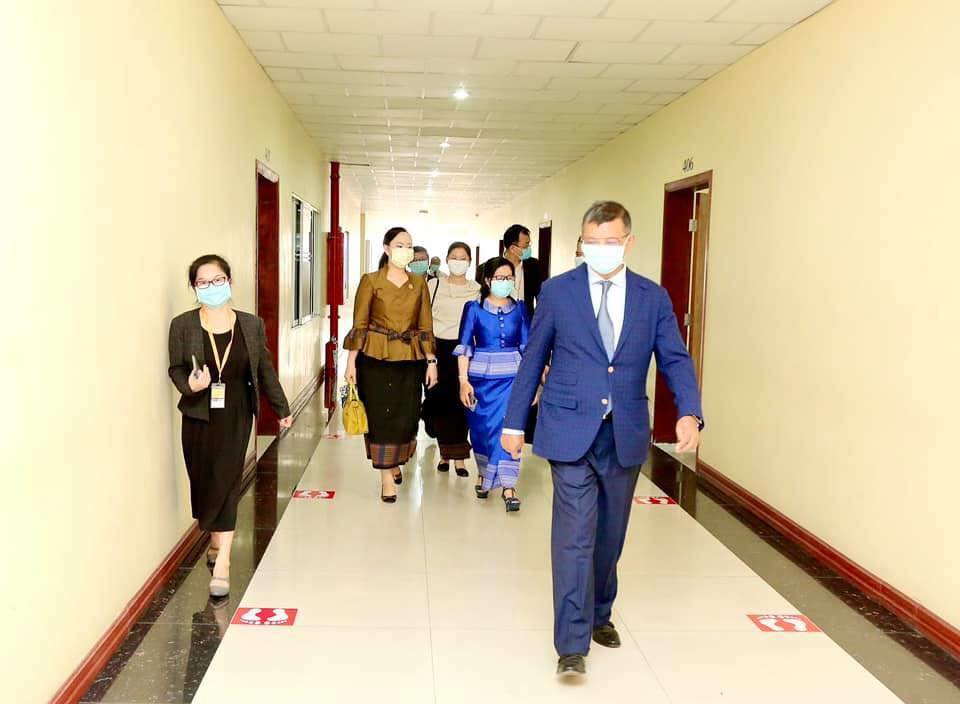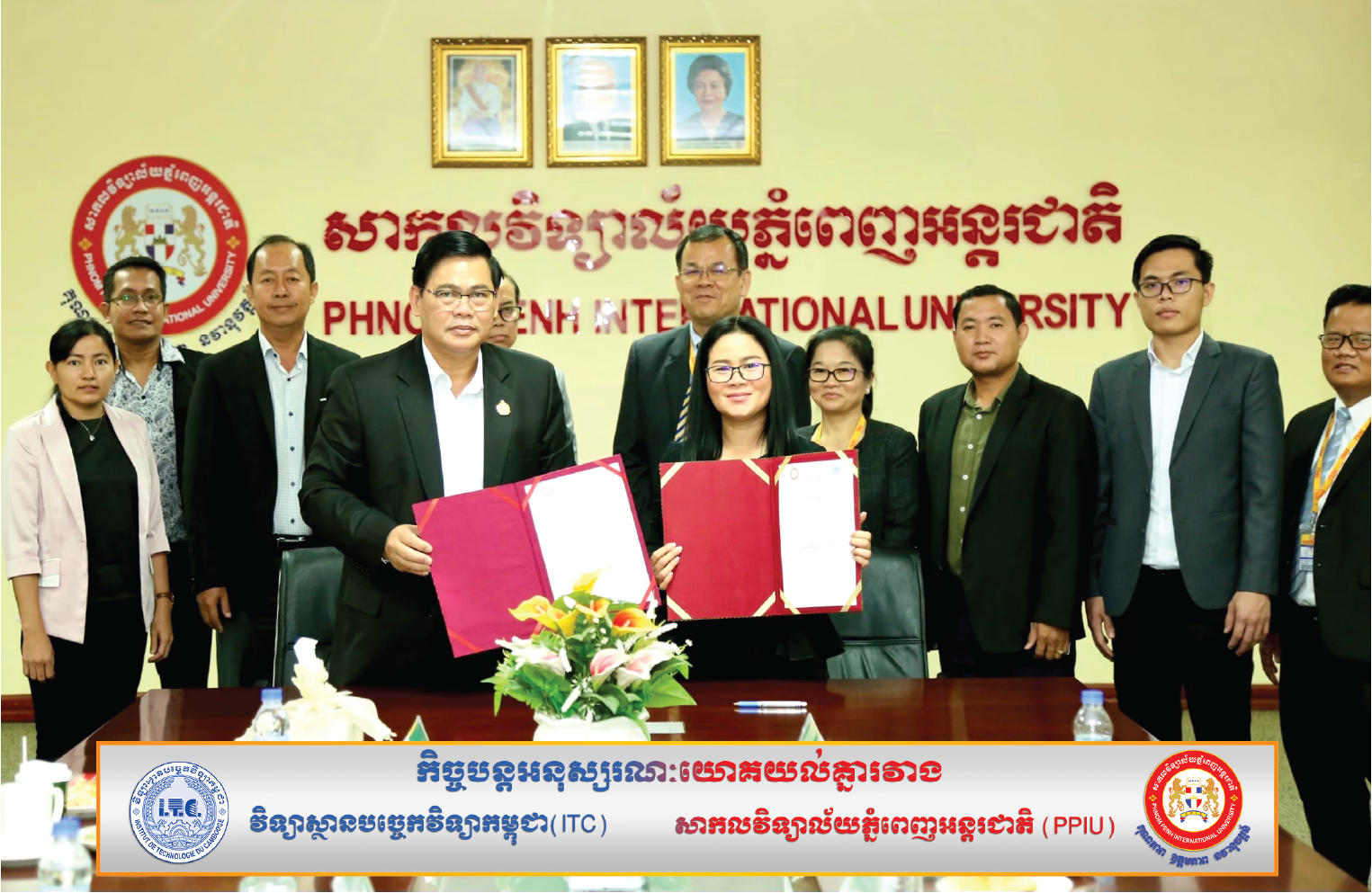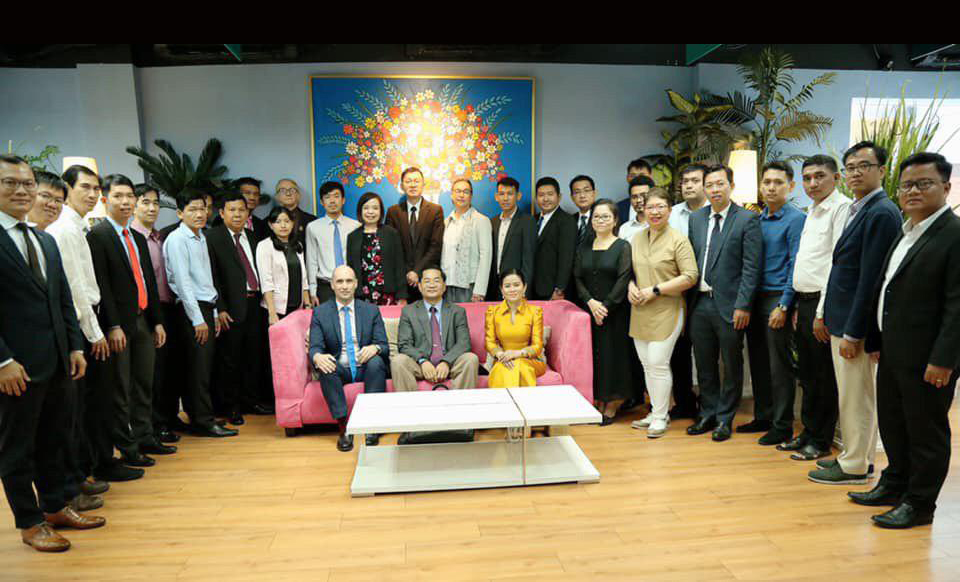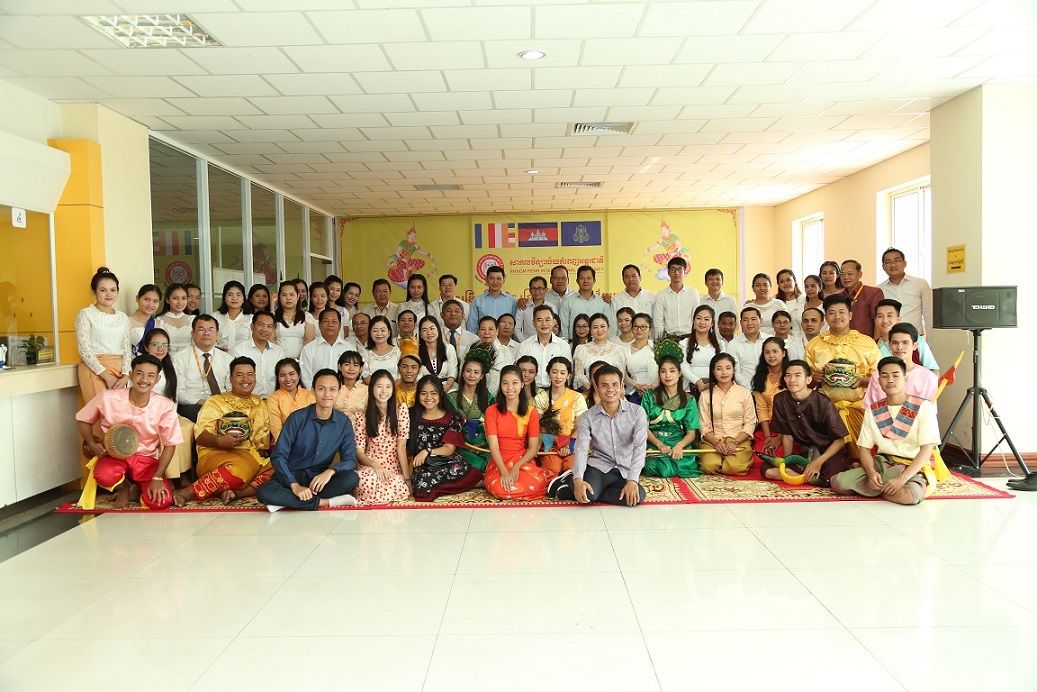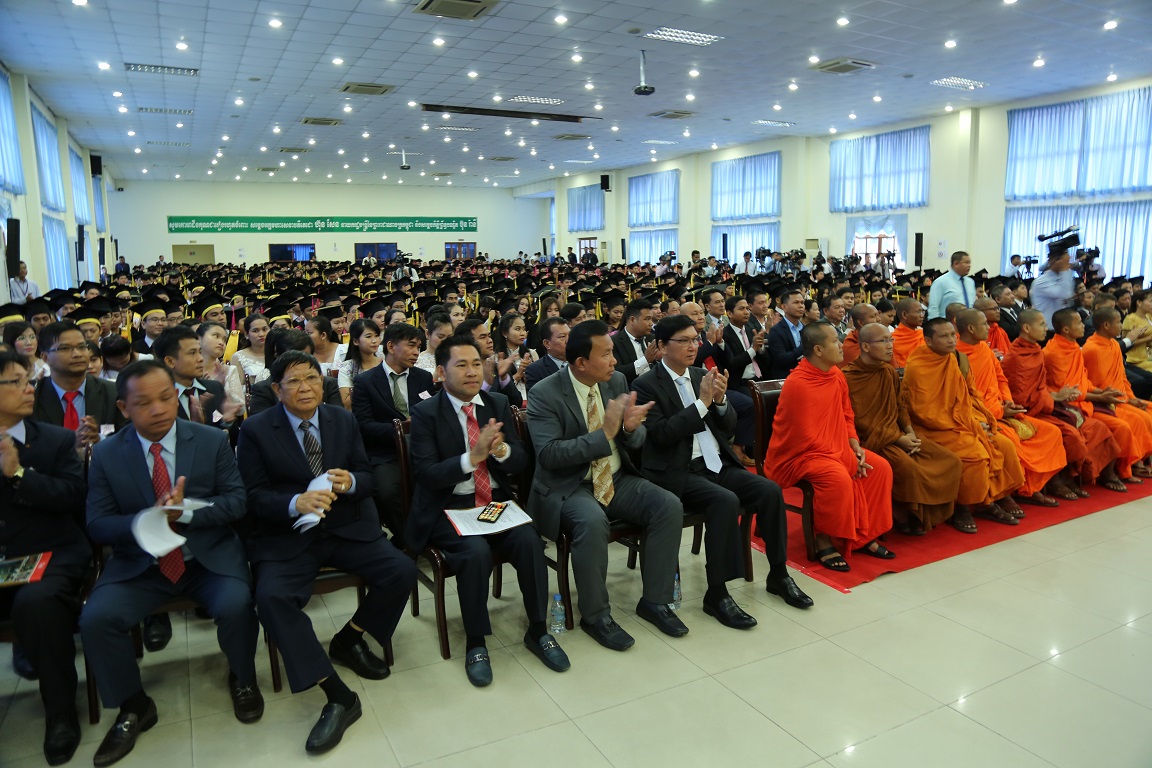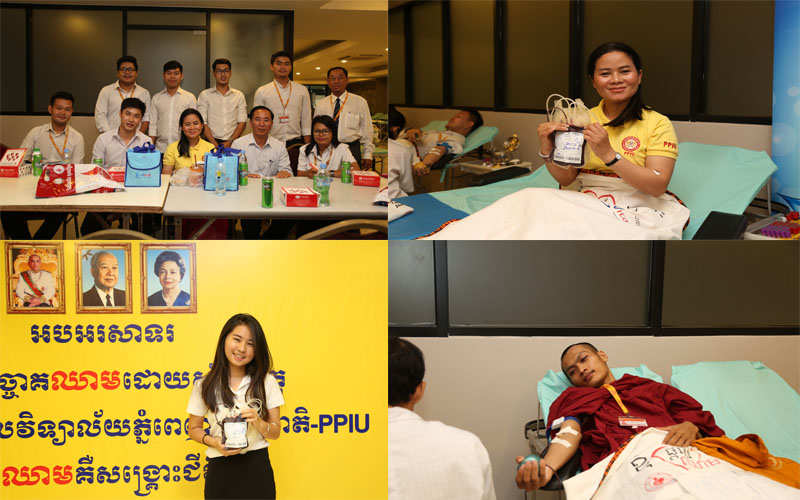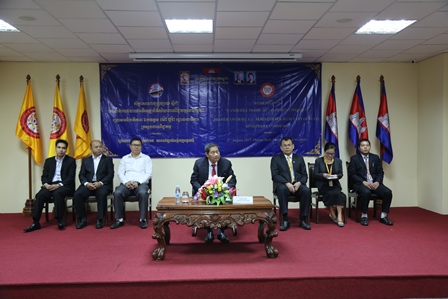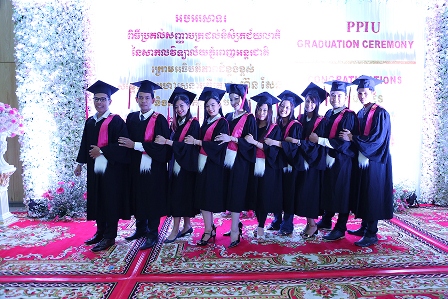
- ÃÃÑÃà åÃÃÃÃ
- ÃÃñÃÃÃÃÑÃÃñÃÃÑÃ
- ÃÃÃÃÃñÃÃÃñÃÃÃÃÑ
- Ãà ÃÑÃÃñÃÃÃÃÑÃÃÃ
- Ãà ÃÑÃÃñÃÃÃÃÑÃÃÃÃÃñÃÃÃÃÑÃÃÑÃÃÃÃà ÃÃñÃÃÃÃÃÃÃÑÃÃÃñÃÃÃÃÑ
- Ãà ÃÑÃÃñÃÃÃÃÑÃÃÃÃÃÑÃÃñÃÃÃÃÃÑÃÃÃÃÃ-ÃÃÃà ÃÃÃ
- Ãà ÃÑÃÃñÃÃÃÃÑÃÃÃÃáÃÃñÃÃÑÃÃÃÃÃ-ÃÃÃÃÃÃÃñà ÃÃ
- Ãà ÃÑÃÃñÃÃÃÃÑÃÃÃÃÃñÃÃÃÃÑÃÃÑÃÃÃÃÃÃÂÃÃÃÃ
- ÃÂÃáÃÃÃñÃÃñÃÃÃ
- ÃÃÃÃÃÃÑÃ
- ÃÃÃÃÃÑÃÃÃ
- ÃÂÃÃáPPIU
- CONTACT
ÃãÃÃÃñÃÃÃÃÑÃÃÃÃÃÑÃÃÃÂÃÑà ÃÑÃÃ¥ÃÃÃÃà SHARE ÃÃÃÃÑÃÃÃáÃÊ
Course Description
Faculty of Business and Tourism
1. Business Communication Credits: 3
This course is designed for year-II students under faculty of Business and Tourism. This course provides a comprehensive understanding of communication in the new world of work with constituting oral presentation. In addition, it contains some rules and structures of good business letter writing, employment correspondence, and interview for employment.
2. Business StatisticsCredits: 3
Probability and Statistics provide an introduction and overview of applied business statistics.The course develops a student’s ability to analyze economic and business problems using statistics.It focuses on summary measures of central tendency and variability, basic concepts in probability and probability distributions, sampling and sampling distributions, and hypothesis testing.
3. Intermediate Accounting ICredits: 3
As the first step in accounting career, Intermediate Accounting I presents the framework for most accounting decisions. Completing this course, students will develop their understanding of accounting theory and concepts as well as practice-oriented issues. It helps students gain a deeper understanding of the objectives, concepts, and standards underlying accounting practices and techniques. Students enable to develop analytical skills, logical thinking abilities, oral presentation skills, and written communication skills.
4. Organizational Behavior Credits: 3
Manager has to develop communication skill to improve their working quality. Organizational behavior (OB) is equipped to study about personal and team conflicts, the effect of structure to the organization, and develop skills to achieve effective working result. Especially, OB focuses on productivity, reducing turnover and transferring rate. In contrast, it will improve staff satisfaction, motivation, and development.
5. Tourism ImpactsCredits: 3
This course is designed for undergraduate students to understand basically about the impact of tourism development including tourism impact on economy, socio-culture and environment. In addition, students also learn about the climate change and its relationship to tourism sector. All students are required to conduct research and group discussion about tourism impact and climate change management and solutions.
Faculty of Law and Economics
1. Civil Law IICredits: 3
Civil Law II makes students understand the legal contract and obligation of each party. Moreover, students learn about contract, the basic obligation of both parties in contract implementation. The lessons of civil law II cover the obligation of all related parties, responsibilities, the guilty and tort.
2. Constitutional Law IICredits: 3
Constitutional Law II is the basic course of public law prioritized for students to absorb the fundamental knowledge in general identity of state, form of state, power division, democracy, the procedure of selecting political representative, and politic. The case studies cover real practice in different countries such as Cambodia, the United States of America, England, France, etc.
3. Corporate LawCredits: 3
Corporate Law is used for business people to be professional for themselves particularly in their corporation. It is compiled with the set of juridical used in corporation and trading center. It is applied for both individual and company.
4. International RelationsCredits: 3
International Relations is a course designed to broaden students’ fundamental knowledge in international relation concepts. It is about the relation from one state to the other state, international community, inter-government or non-government organization, and multinational corporations.
5. Special Criminal LawCredits: 3
Special Criminal Law is designed for students majoring in law to strengthen fundamental knowledge in criminal law especially related to types and identity of crime and criminal elements. Those are the most important things in prosecutor and judicial profession in solving criminal case. Criminal cases relate to murder, sexual abuse, freedom and dignity violation, human trafficking and illegal sex service, theft and robbery, and public property damage.
6. Labor EconomicsCredits: 3
This course presents a brief introduction that exposes the students to the concepts of labor supply, labor demands, and equilibrium. The course also shows several theories such as how labor economist contrasts to the theory with the evidence, as well as discusses with the limits of the insights provided by both theory and data, and how to present the statistic theory of labor supply. It will provide the concepts to students analyze how labor market discrimination affects the earnings and unemployment opportunities of minority workers and women.
7. MacroeconomicsCredits: 3
Macroeconomics related to the study of all economic aspect such as inflation, national income, investment, demands, and supply. After completing this course, the economic theories and concepts used in solving economic crisis are well introduced and practiced.
8. Money and BankingCredits: 3
Money, banking, and financial market play important role in economic because it affects directly to our living standards. It makes exchanged rate fluctuated and effect on income, saving, and paying debt in economic mechanism. In addition, inflation will enforce the financial politic in order to prevent increasing unemployment and to push productivity. As the result, studying and researching in money, banking, and financial market is the basic concept in developing financial policy.
9. TaxationCredits: 3
This course is designed for students, government officers, and all taxable persons to understand about the global tax system likewise the taxation in Cambodia using tax regulation effectively and truthfully. This process will encourage all people to take part in taxation. Totally, this course includes ten chapters and it provides reasonable explanation to taxable persons and organizations to know their duties in taxation.
Faculty of Education Science
Year 2 Semester 2
1. Core English IV Credits: 3
This course is carefully designed to equip students with upper-intermediate English proficiency in the four macro skills with a strong emphasis on lexical and grammatical aspects of the language. In this course, students are expected to undergo a series of lessons which will enhance and broaden their knowledge and skills in using English more fluently and accurately. The students will also be encouraged and guided through a structurally integrated syllabus where an amount of practice time is maximized.
2. Academic Writing IV Credits: 3
This is an upper-intermediate course proposed to provide students with adequate practice in exploring and writing six core units: Definition Paragraphs, Process Analysis Paragraphs, Descriptive Paragraphs, Opinion Paragraphs, Narrative Paragraphs, and Paragraphs in an Essay: Putting It All Together. The important aim of this course is to help the year 2, semester 2 learners to expand their paragraphs into specific types of paragraphs without plagiarism. These units, moreover, will serve as a scaffold and prepare them to be ready for essay writing in year 3. This significant aim will be attained by providing sufficient task-based teaching and learning activities and by giving lectures, doing group work/ pair work, individual work and research assignment.
3. Literature Studies III Credits: 3
Literature for English Advanced Two is a skill-based course assigned specifically for year-two students learning English Literature in semester II. It consists of nine stories- The Teacher, The Tiger, After Twenty Year, The Stove, Early Autumn, An Occurrence at Owl Creek Bridge, Ta-Na-E-Ka, The Circuit, and A Secret for Two. More importantly, each story is followed by a comprehensive four-part skills check that is specially developed to meet the needs of students. The skills check provides a wide variety of hands-on practice in reading, writing, speaking, and listening. It also includes various exercises, multiple questions, sentence structure, verbs, parts of speech, writing, and punctuation.
4. Cultural Studies III Credits: 3
In the continuation of Semester 1, this course is designed to further broaden students’ knowledge of other global challenges and measures to deal with them in the past and the present. And again, various aspects of the global key factors such as History, Security, Economic Globalization, Political Globalization, Cultural Globalization and Development are addressed in this course in order to further equip students with awareness and comprehension of the world beyond their eyesight. Be endowed with this knowledge and understanding, students will be able to bespeak their viewpoints in social gatherings, formal discussion, debates, and even in some relevant job interviews. Most importantly, this course helps promote the culture of reading and group work, improve students’ reading comprehension, and sharpen their discussion and presentation skills.
5. Communication Skill II Credits: 3
This course is designed for sophomores in the first semester. The course book used is North Star- Listening and Speaking High Intermediate second edition written by Tess Ferree and Kim Sanabria. Five units (units 6-10) are covered in this semester. This course primarily focuses on listening and speaking along with other integrated skills such as critical thinking skills, pronunciation, vocabulary, and grammar. This book stimulates students’ imagination, encourages critical thinking, and promotes personal expression.
Year 3 Semester 2
1. Core English VI
This course is designed to equip students with advanced English proficiency in the four macro skills with a strong emphasis on advanced lexical and grammatical aspects of English. In this course, students will be carefully guided to develop and achieve their full potential through structurally integrated syllabus where a maximum amount of practice is encouraged. The students will also be more confident and competent in using the language fluently and accurately, and they will realize that they acquire a broad understanding of how English language works upon completing the course.
2. Academic Writing VI
This is a continued course which is designed to give students plenty practices of different types of essays: Cause and Effect Essays, and Argumentative Essays. The aim of this course is to help the year 3, semester 2 students to put paragraphs, they learnt from the previous semester, into an essay. Moreover, it helps them to able to successfully write two main types of academic writing such as cause/effect essay and argumentative essay through sufficient task-based teaching and learning activities, and through lecturing, group/pair and individual work.
3. Literature Studies V
This Literature Studies V is designed to equip students with language skills, critical thinking skills, and critical theories of Psychoanalytic Criticism to enable them to reflect the stories into their own ways of living. Two stories are included in this semester. Cry Freedom reflects on how racism was created compared to how it is still present in society today by examining how modern racism is in a way masked through language and actions. In Pride and Prejudice reflects the arrange married by Mr. and Mrs. Bennet’s family. This story is also show about the behavior for communication in the society as well as the stage of getting love and divorce that reflect to the real aspect in the present society.
4. Cultural Studies V
In the continuation of Semester 1, this course is designed to further broaden students’ knowledge of other global challenges and measures to deal with them in the past and the present. And again, various aspects of the global key factors such as Infectious diseases, Gender, War, and Peace are addressed in this course in order to further equip students with awareness and comprehension of the world beyond their eyesight. Be endowed with this knowledge and understanding, students will be able to bespeak their viewpoints in social gatherings, formal discussion, debates, and even in some relevant job interviews. Most importantly, this course helps promote the culture of reading and group work, improve students’ reading comprehension, and sharpen their discussion and presentation skills.
5. Communication IV
This course is designed for junior students in the second semester. The course book used is North Star: Listening and Speaking Advanced, second edition, written by Sherry Preiss. Five units (units 6-10) are covered in the second semester. This course primarily focuses on listening and speaking along with other integrated skills such as critical thinking skills, pronunciation, vocabulary, and grammar. This book stimulates students’ imagination, encourages critical thinking, and promotes personal expressions and ability in speaking and listening effectively.
6. Research Methodology
This course exposes students to the bold step of breaking down the wall between quantitative and qualitative methods and provides methodologies for both modes of enquiry side-by-side in the eight-step process. These steps include formulating a research problem, conceptualizing a research design, constructing an instrument for data collection, selecting a sample, writing a research proposal, collecting data, processing and displaying data, and writing a research report.













